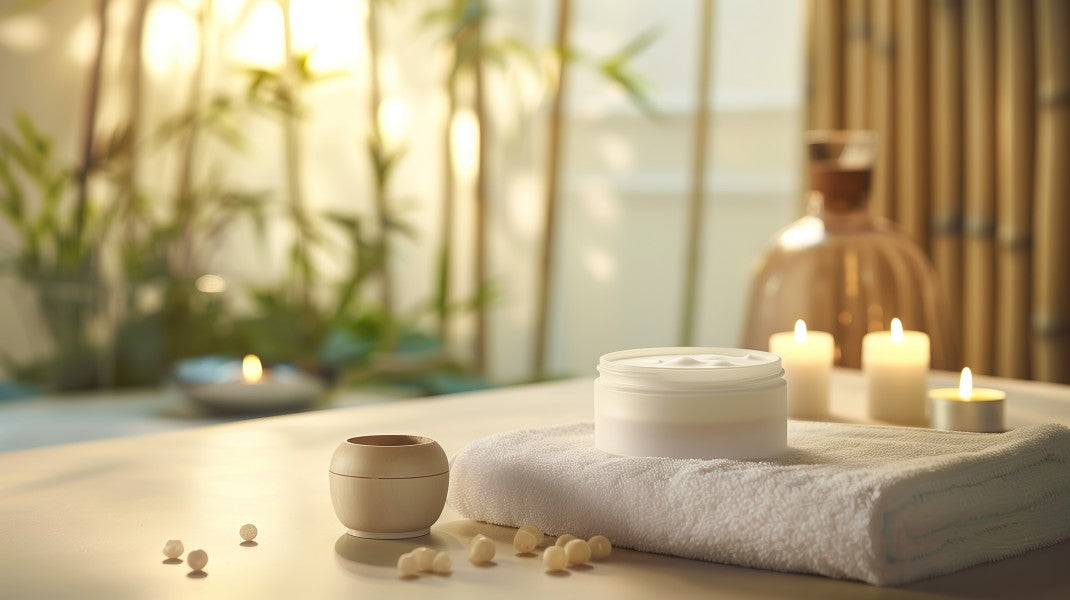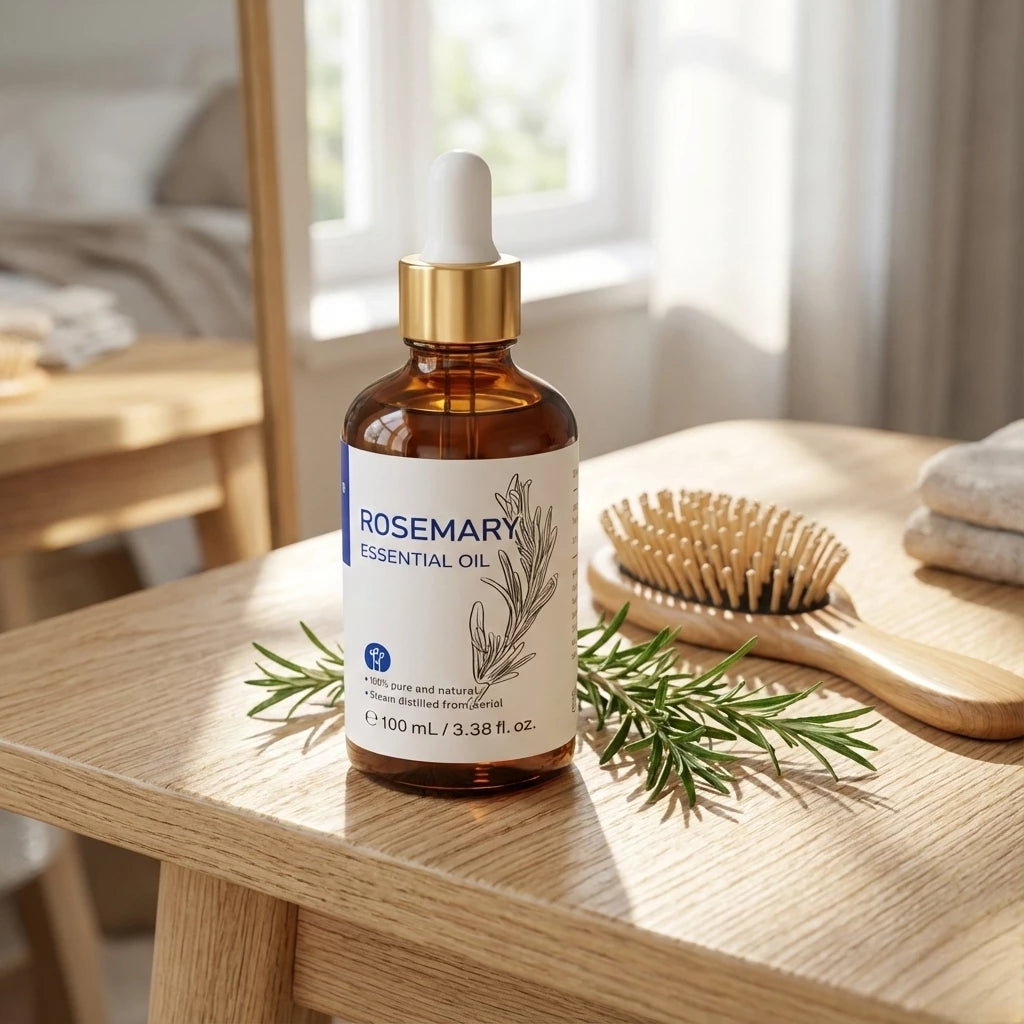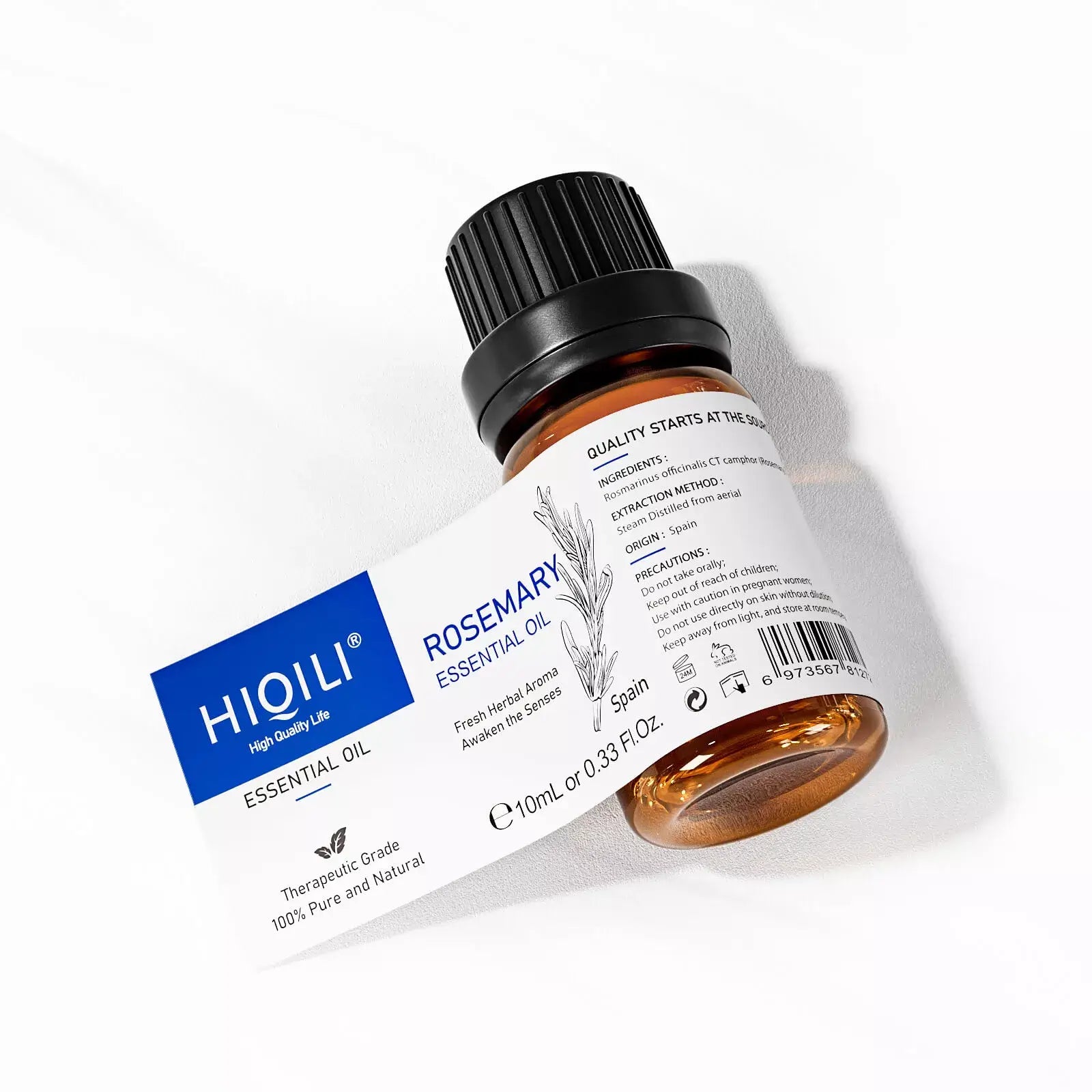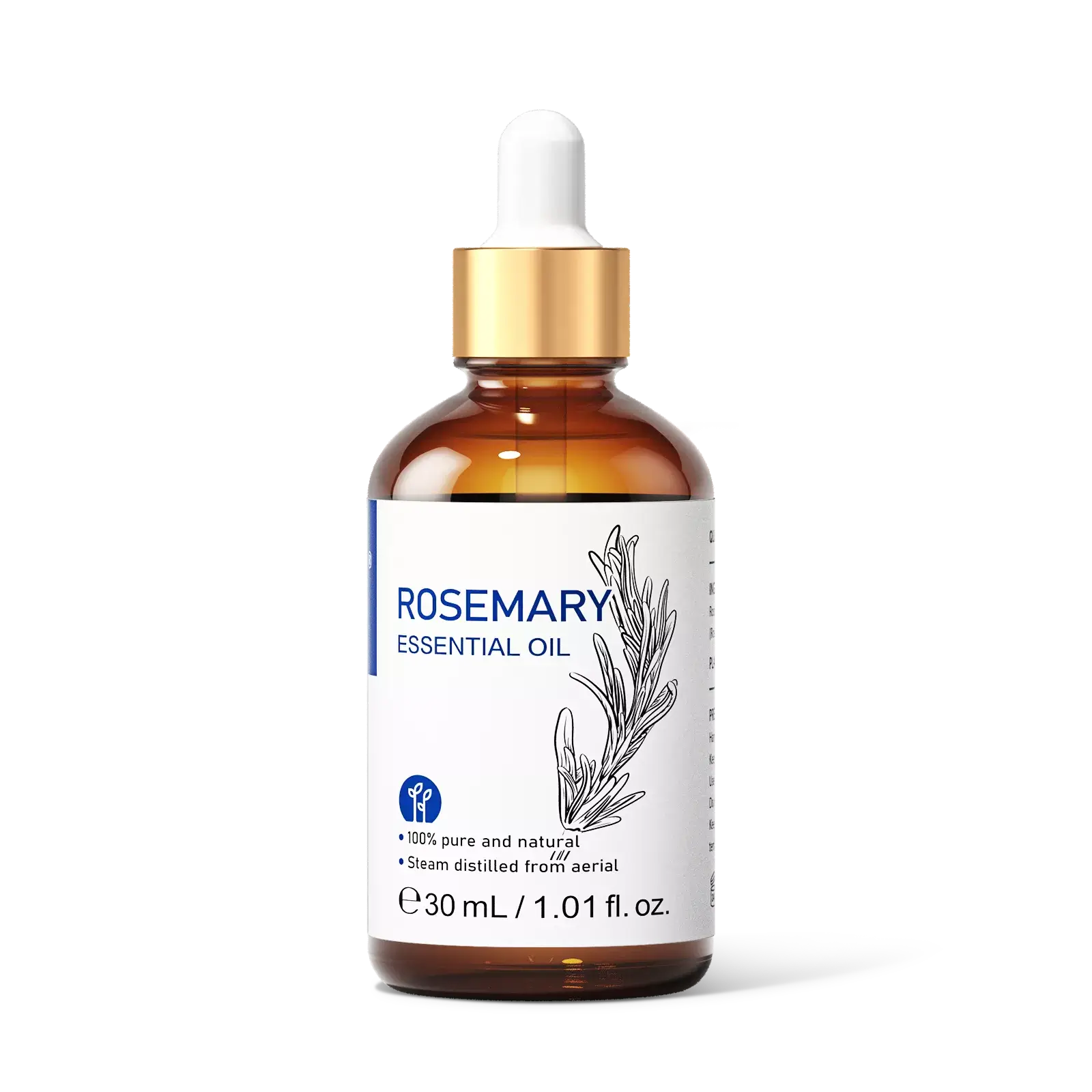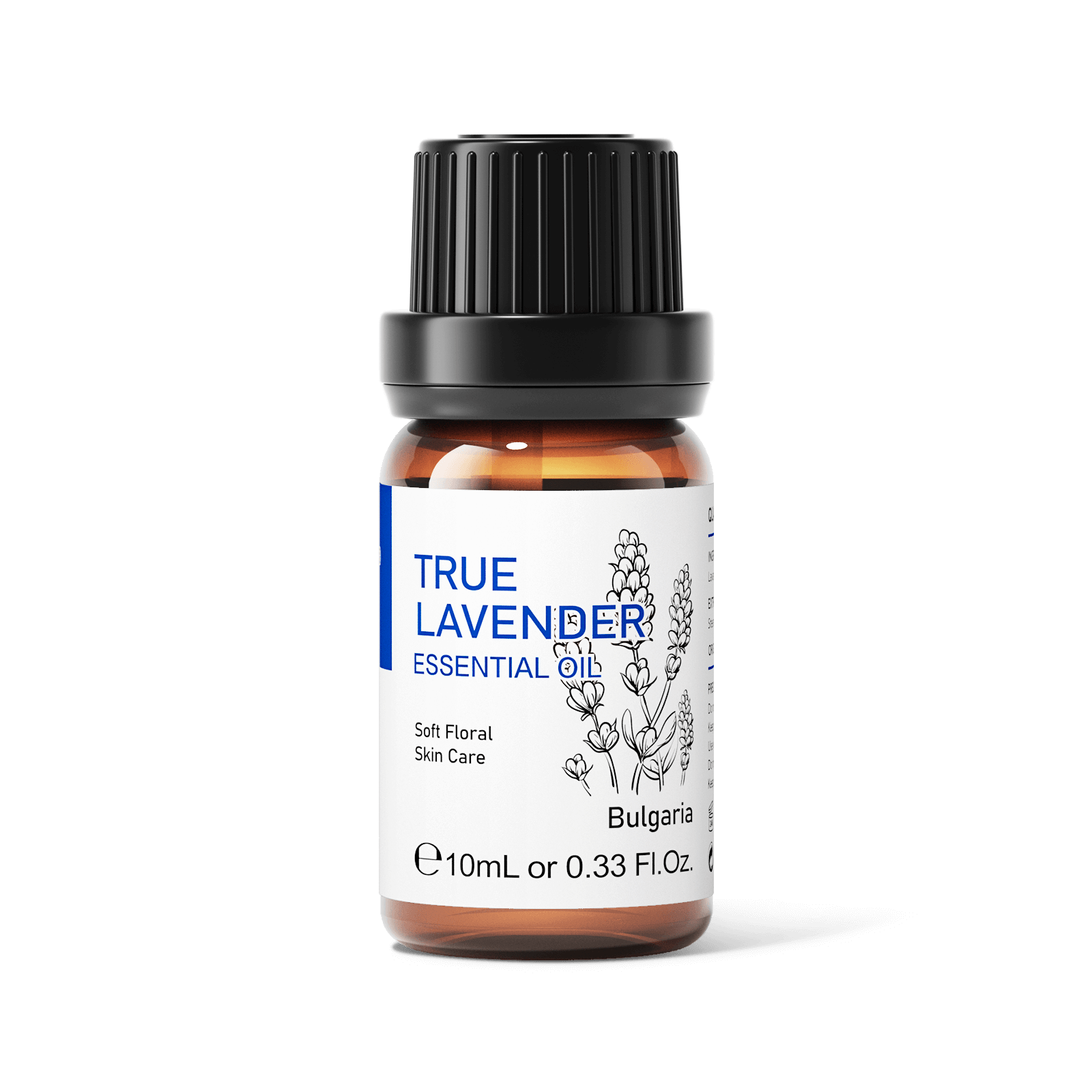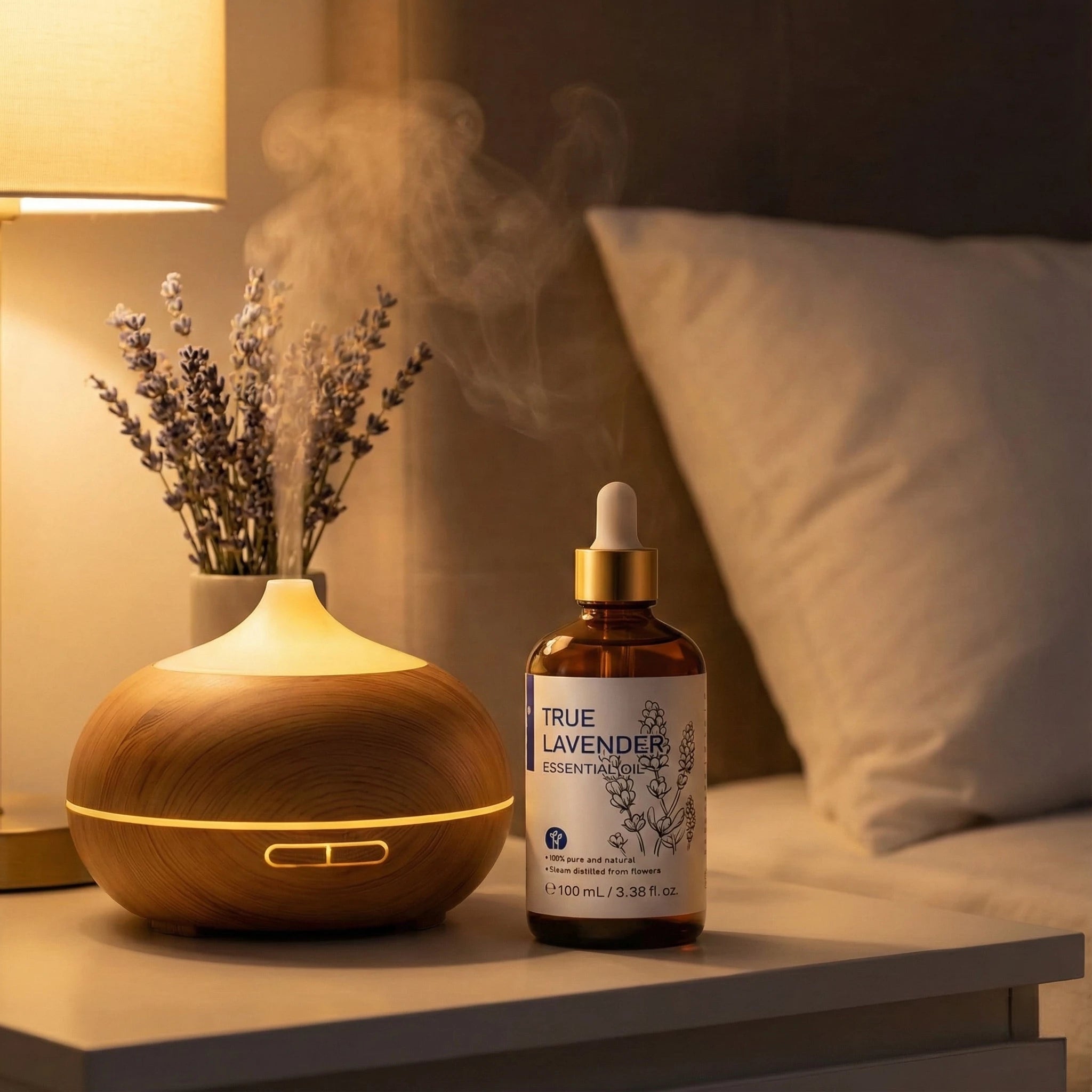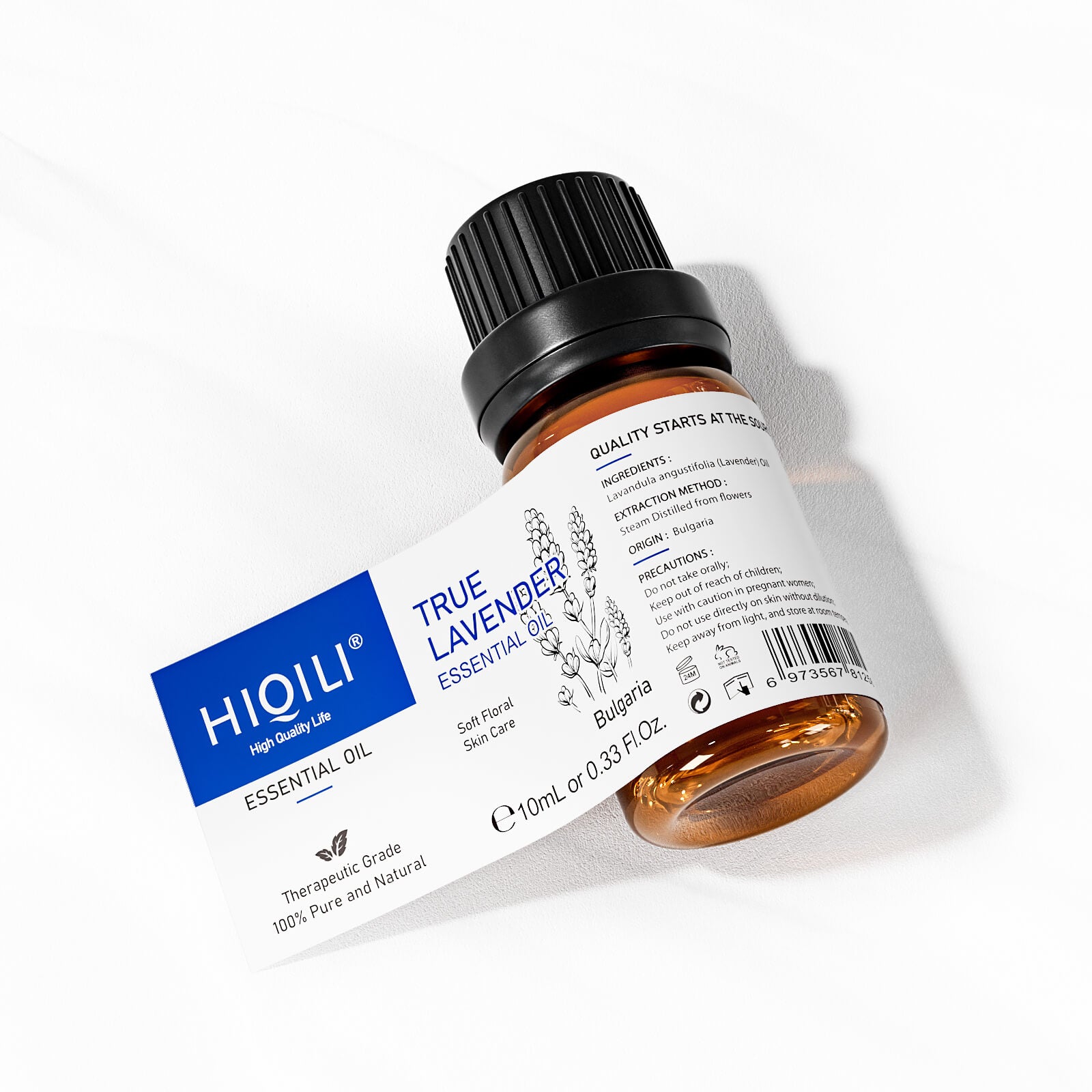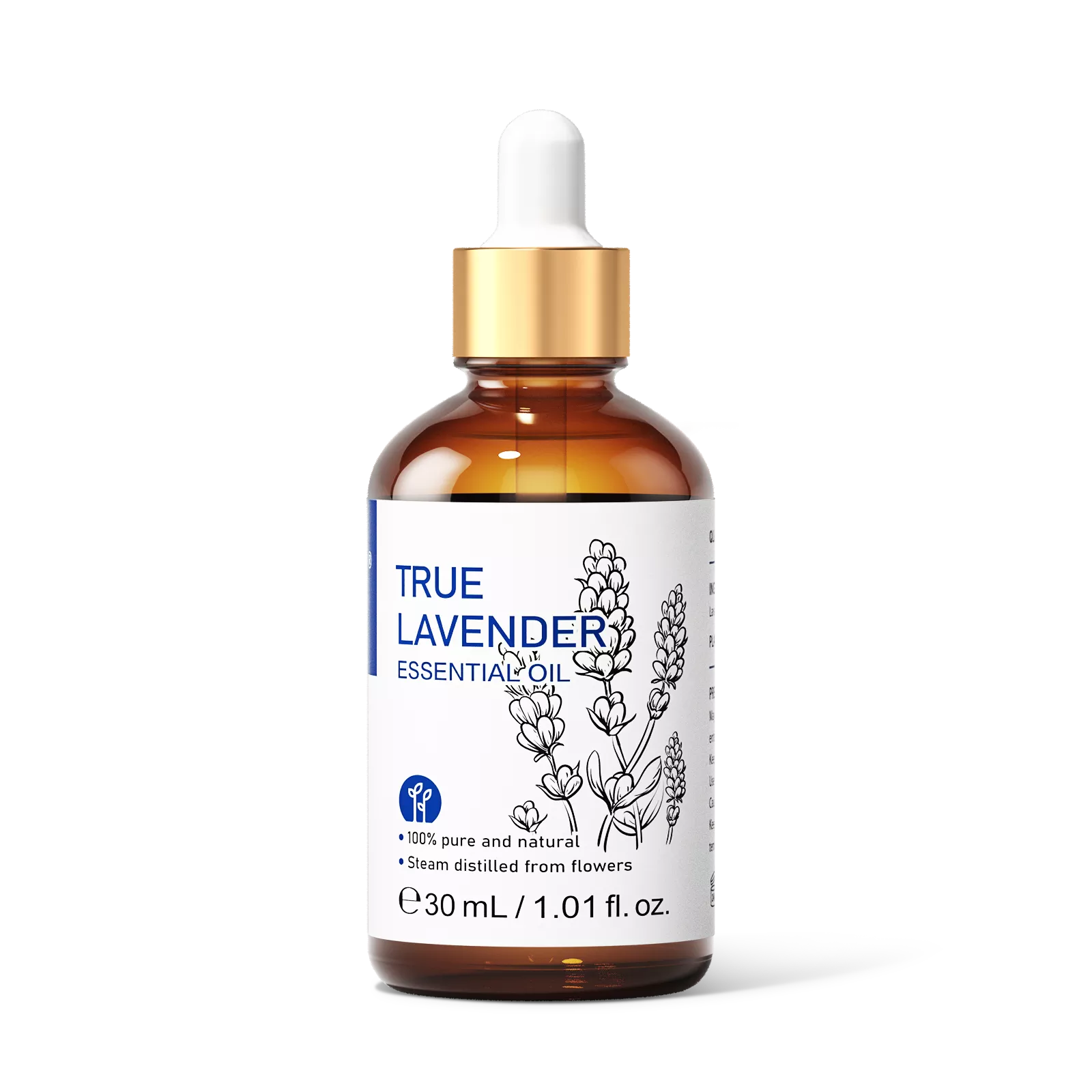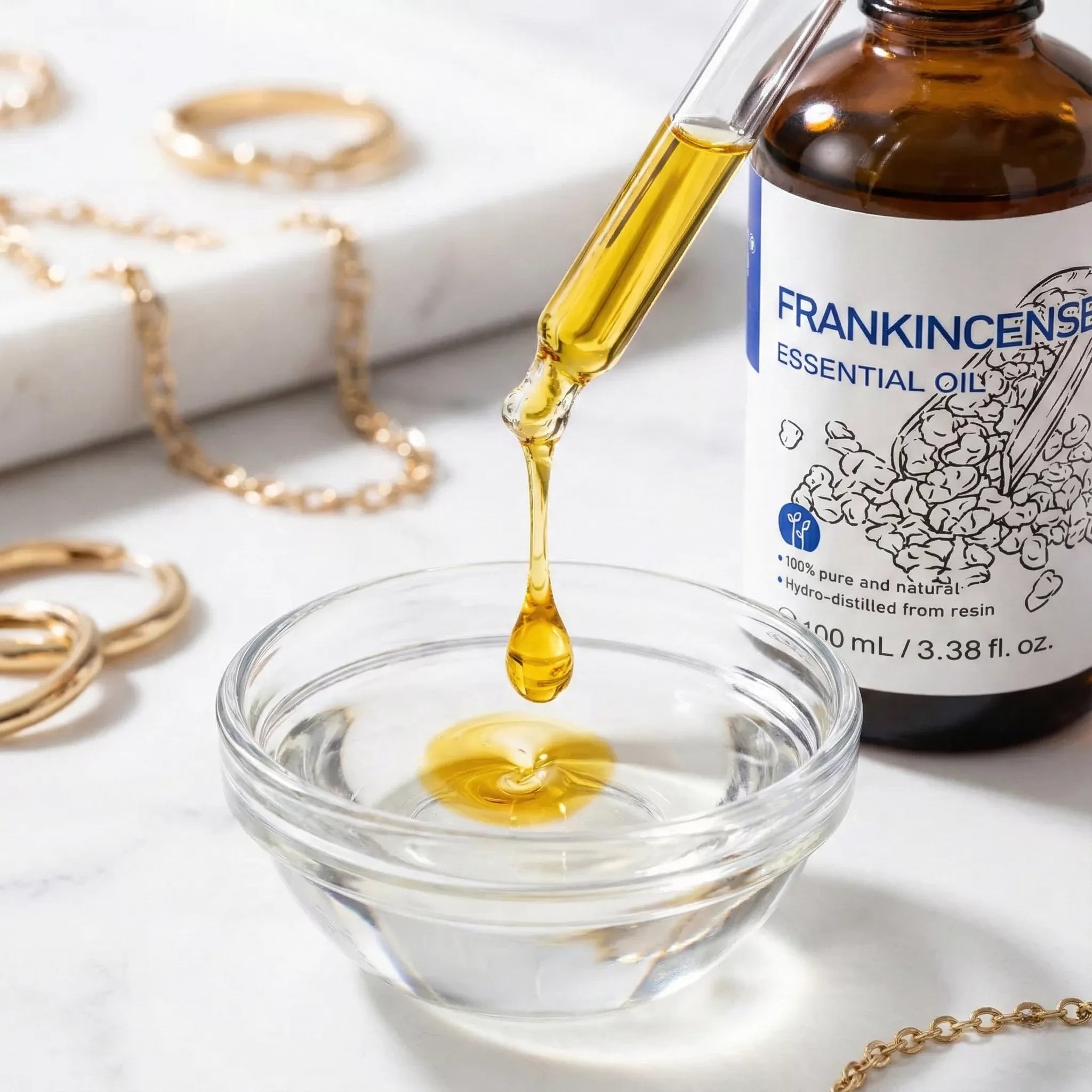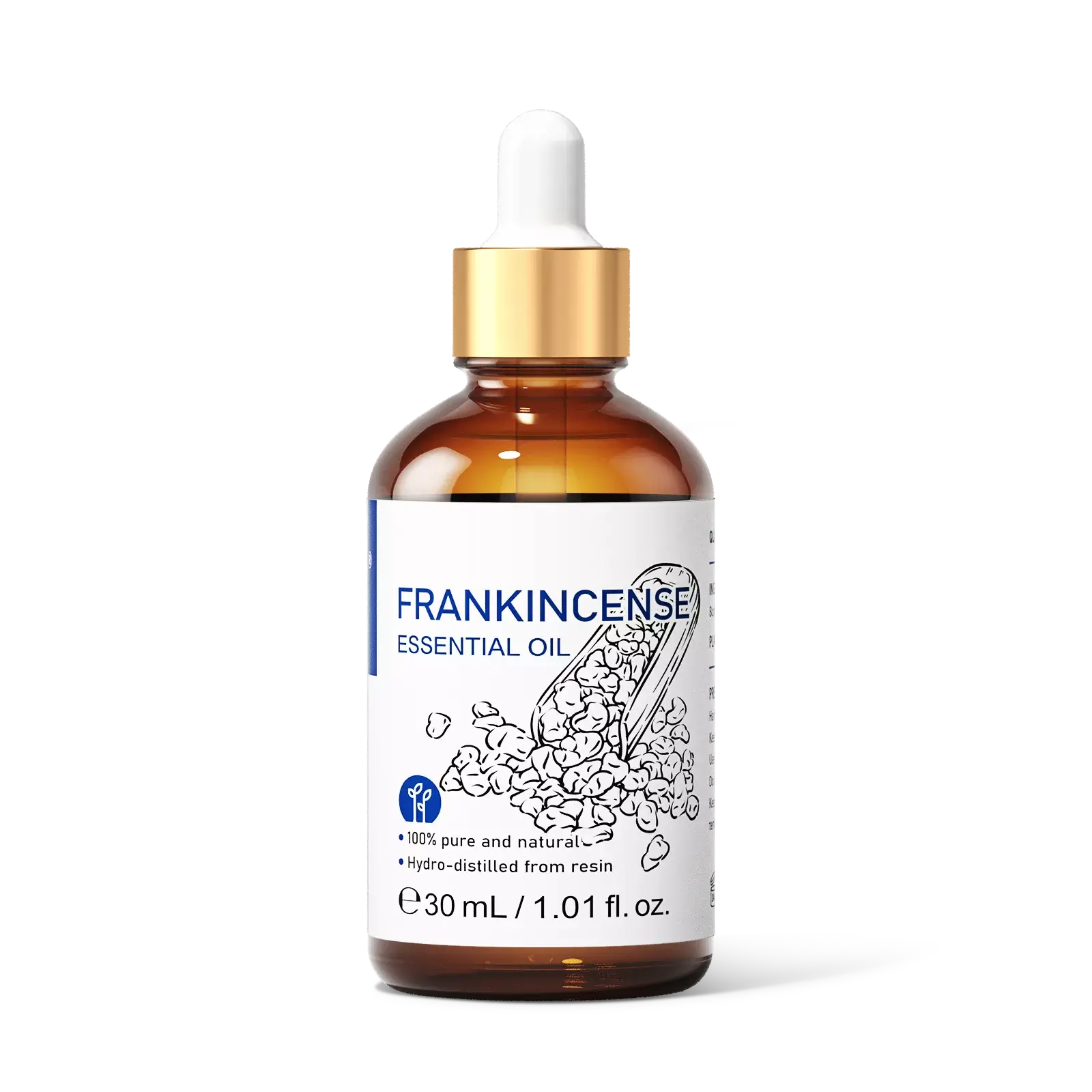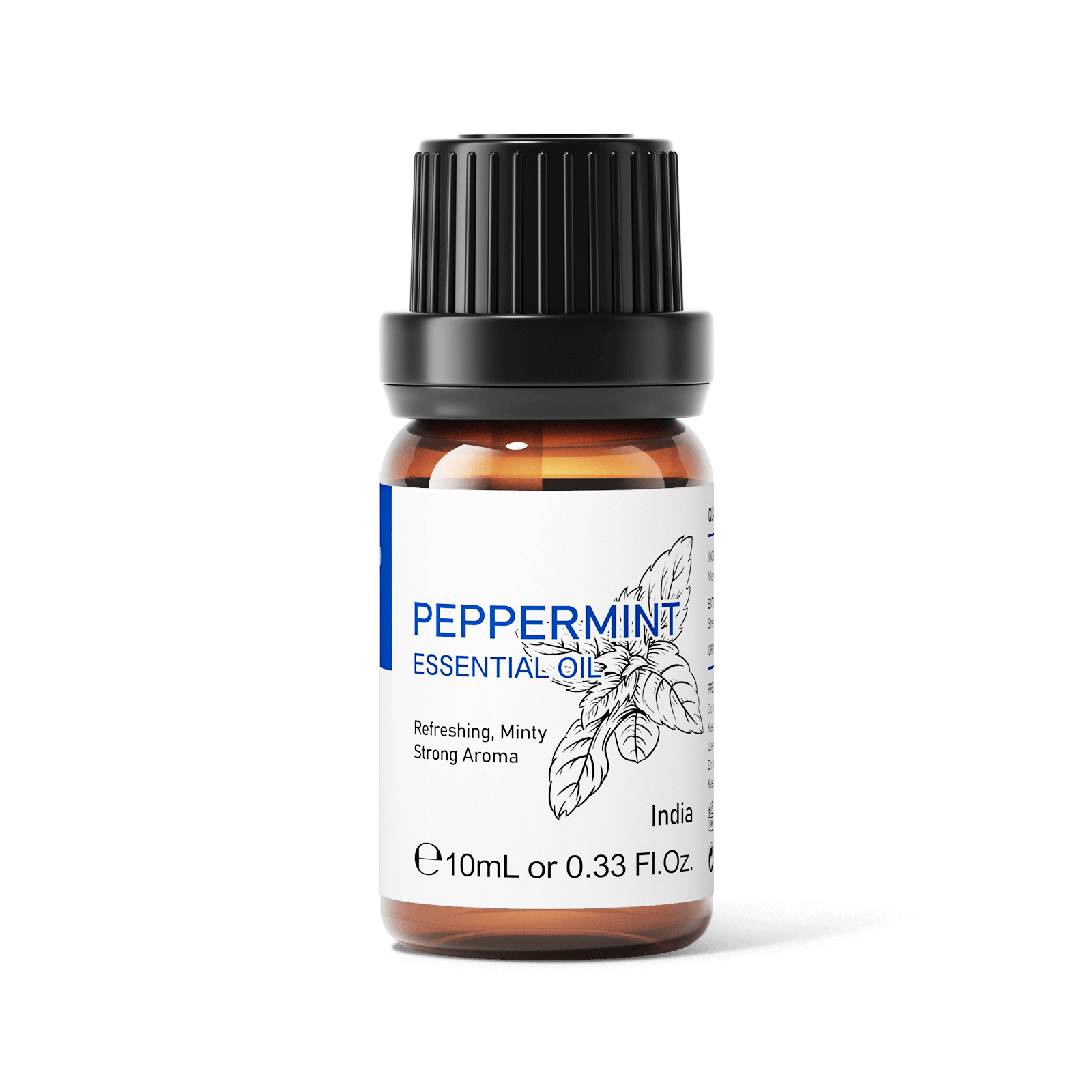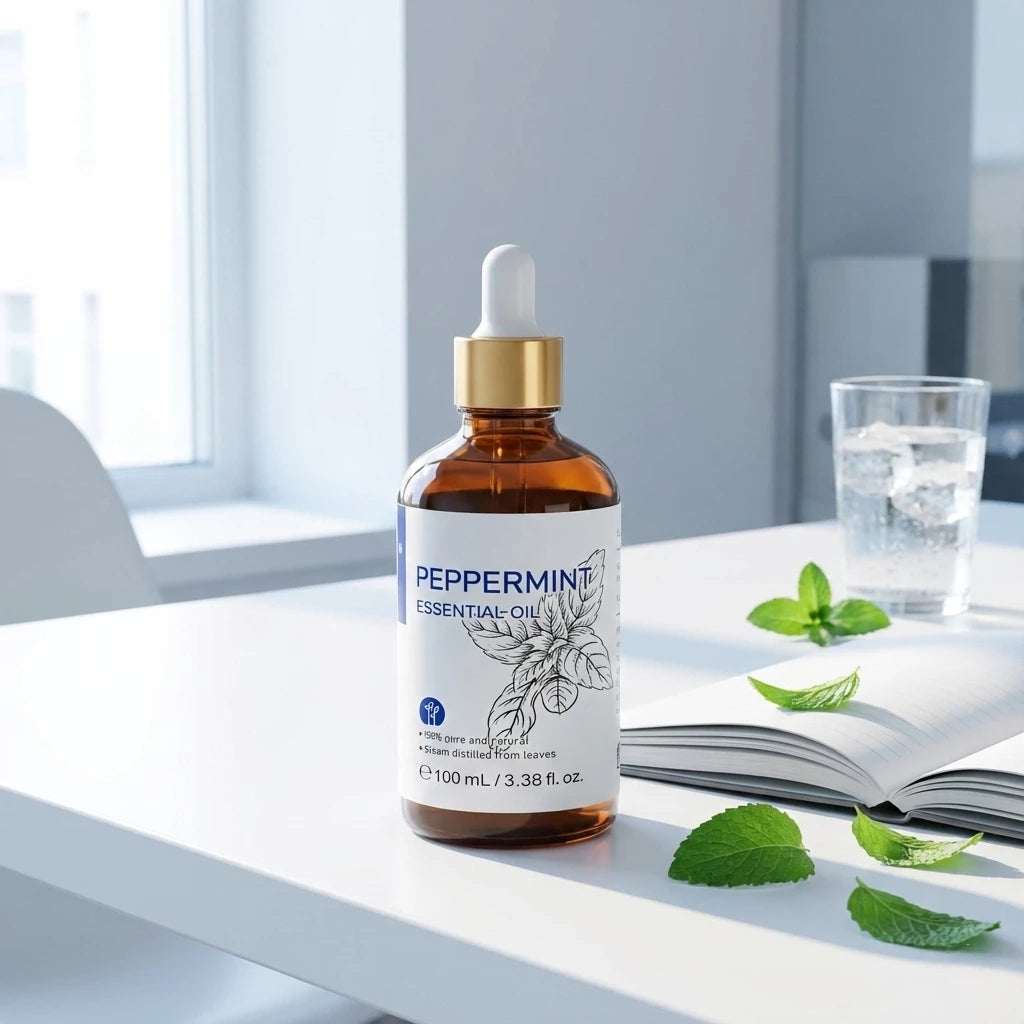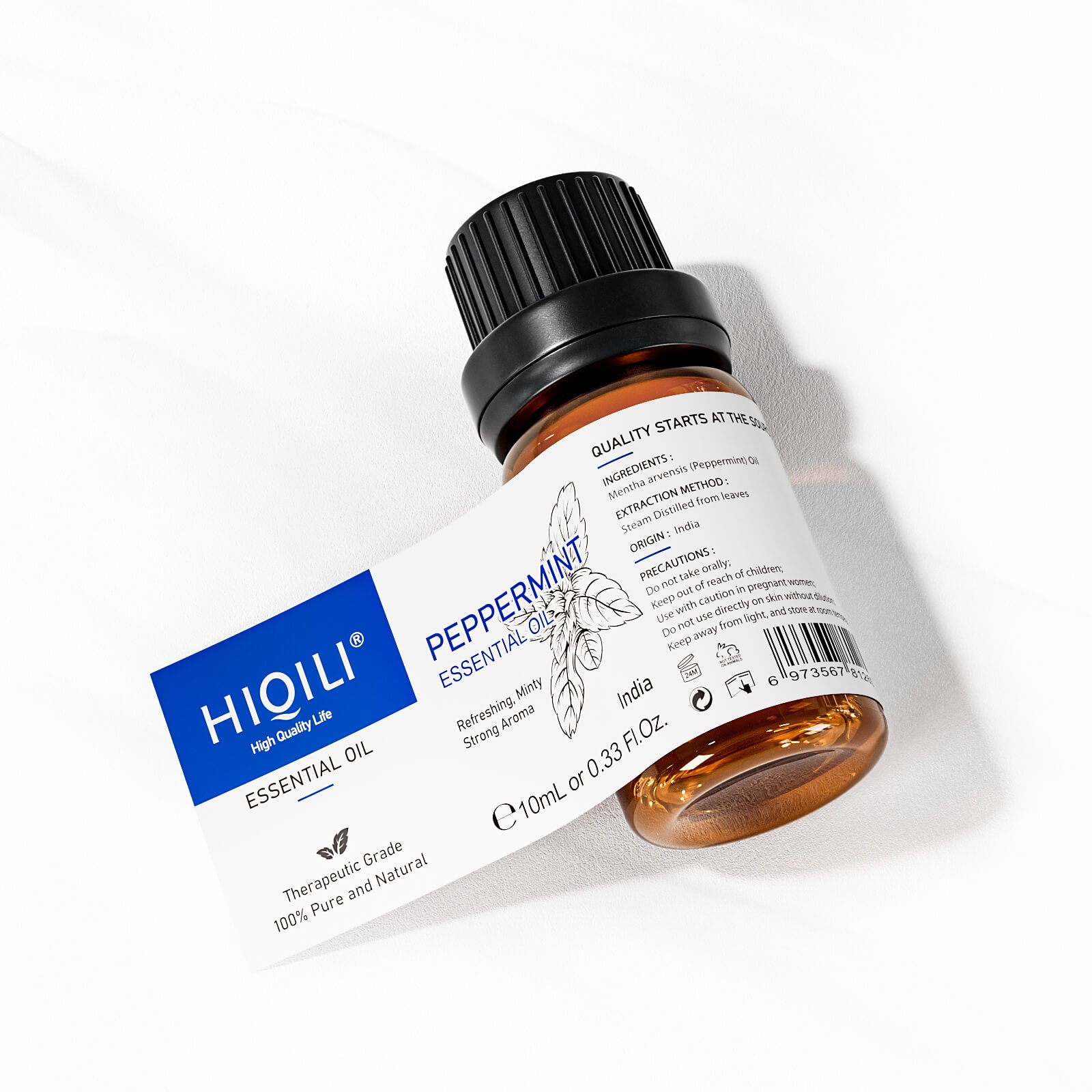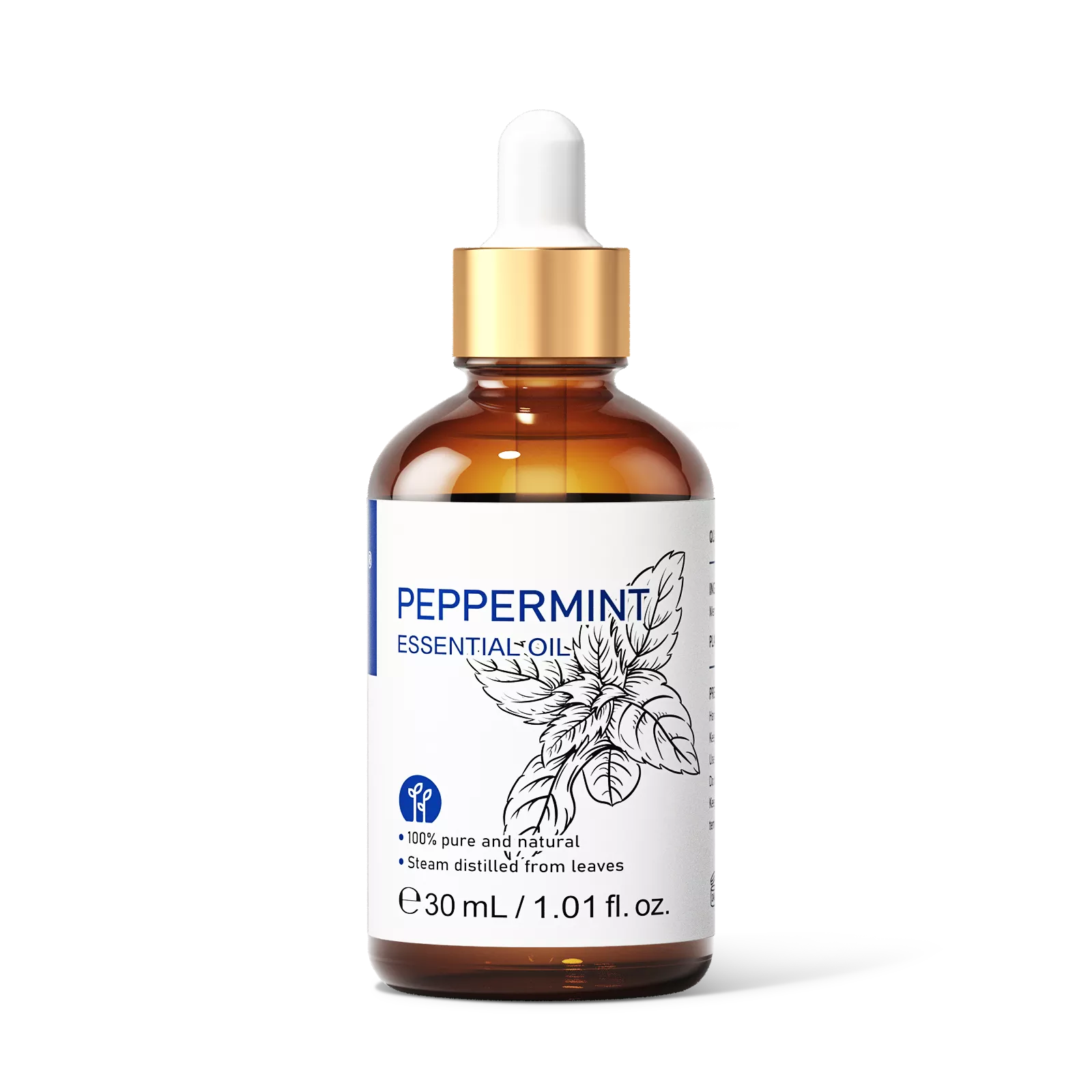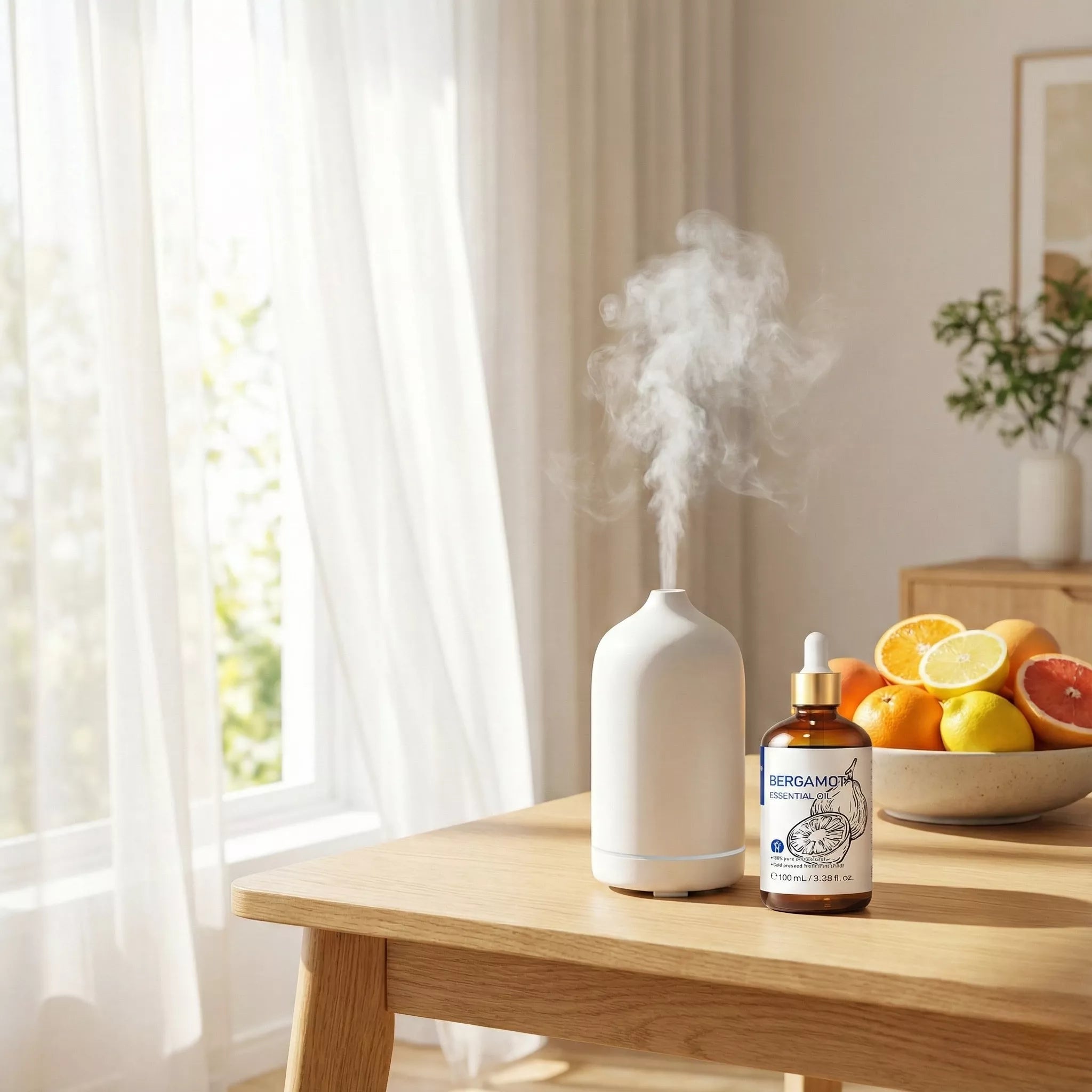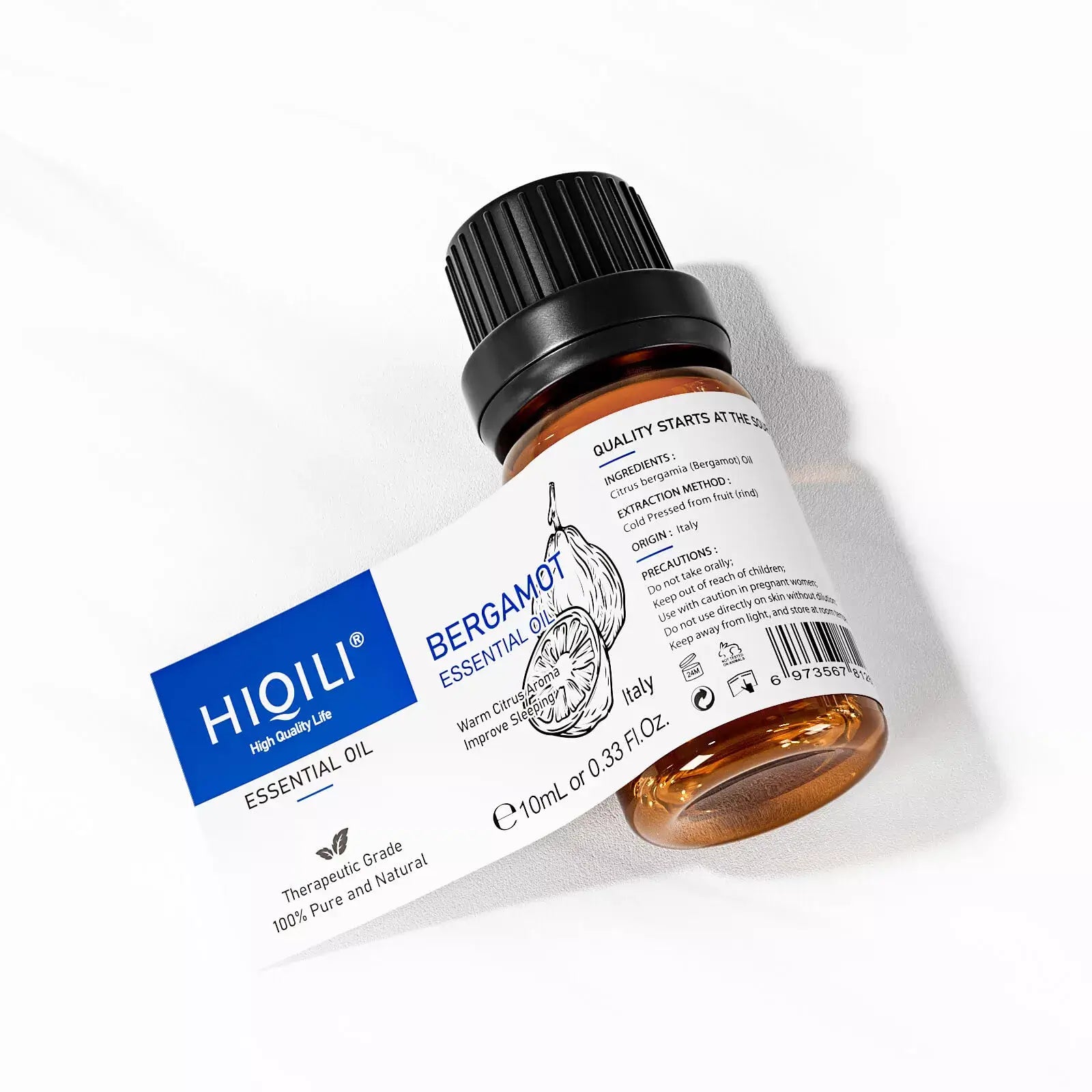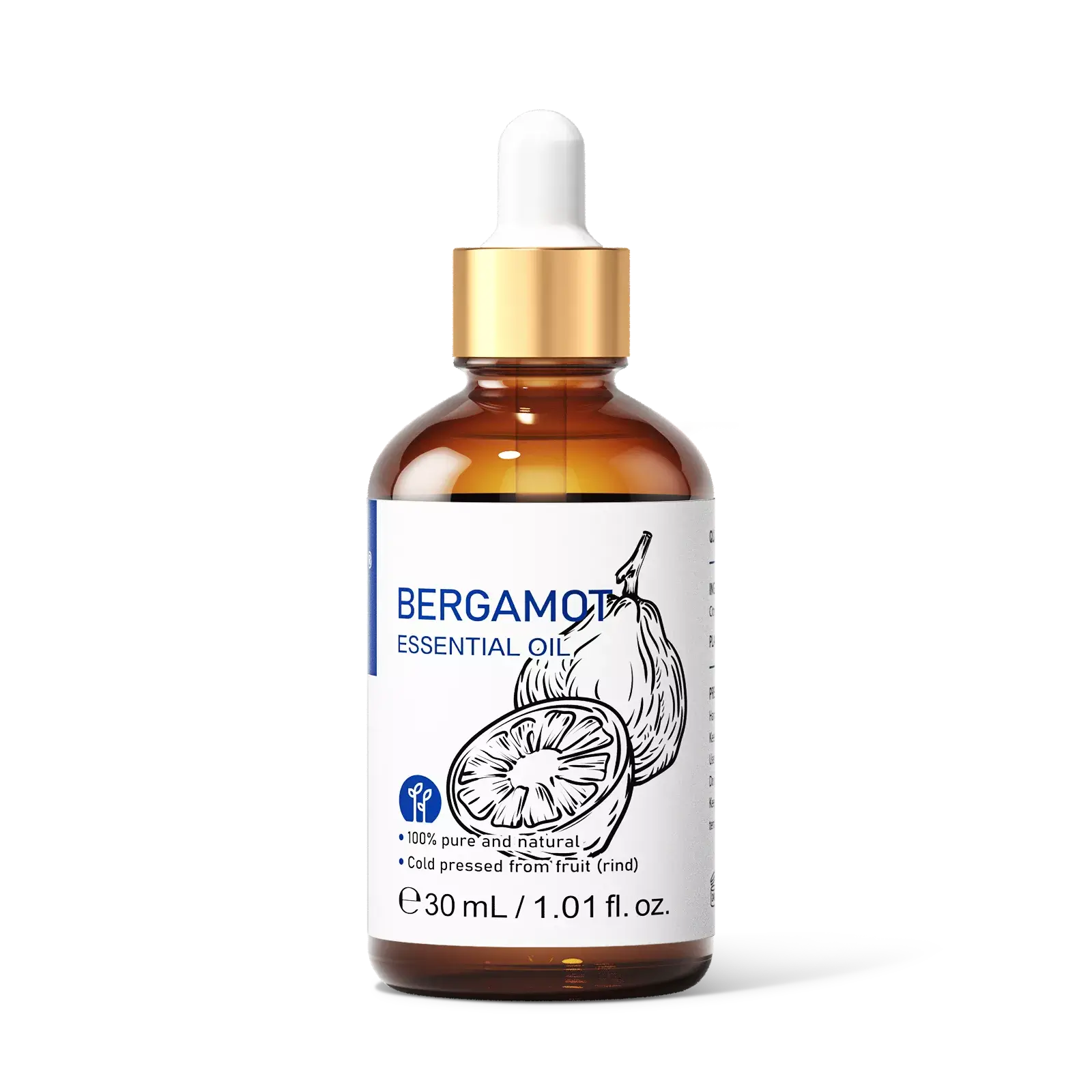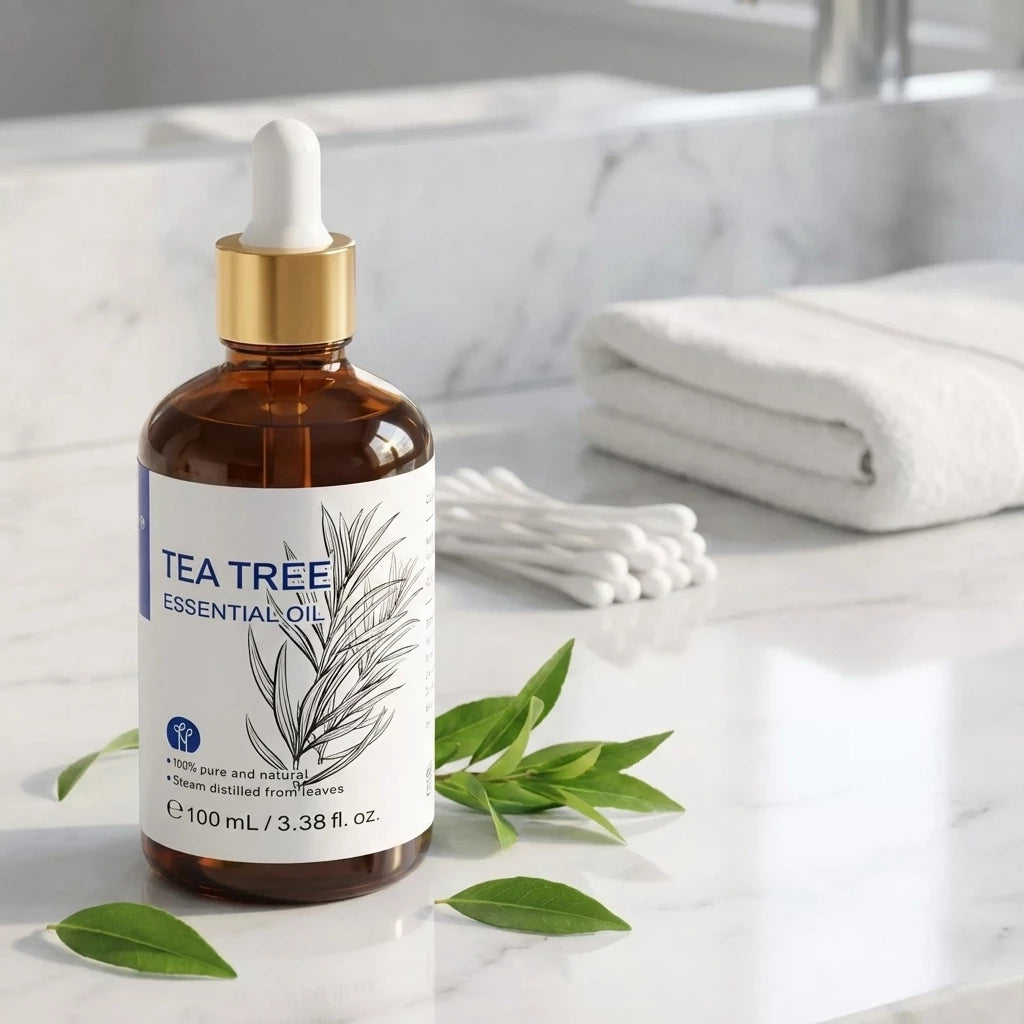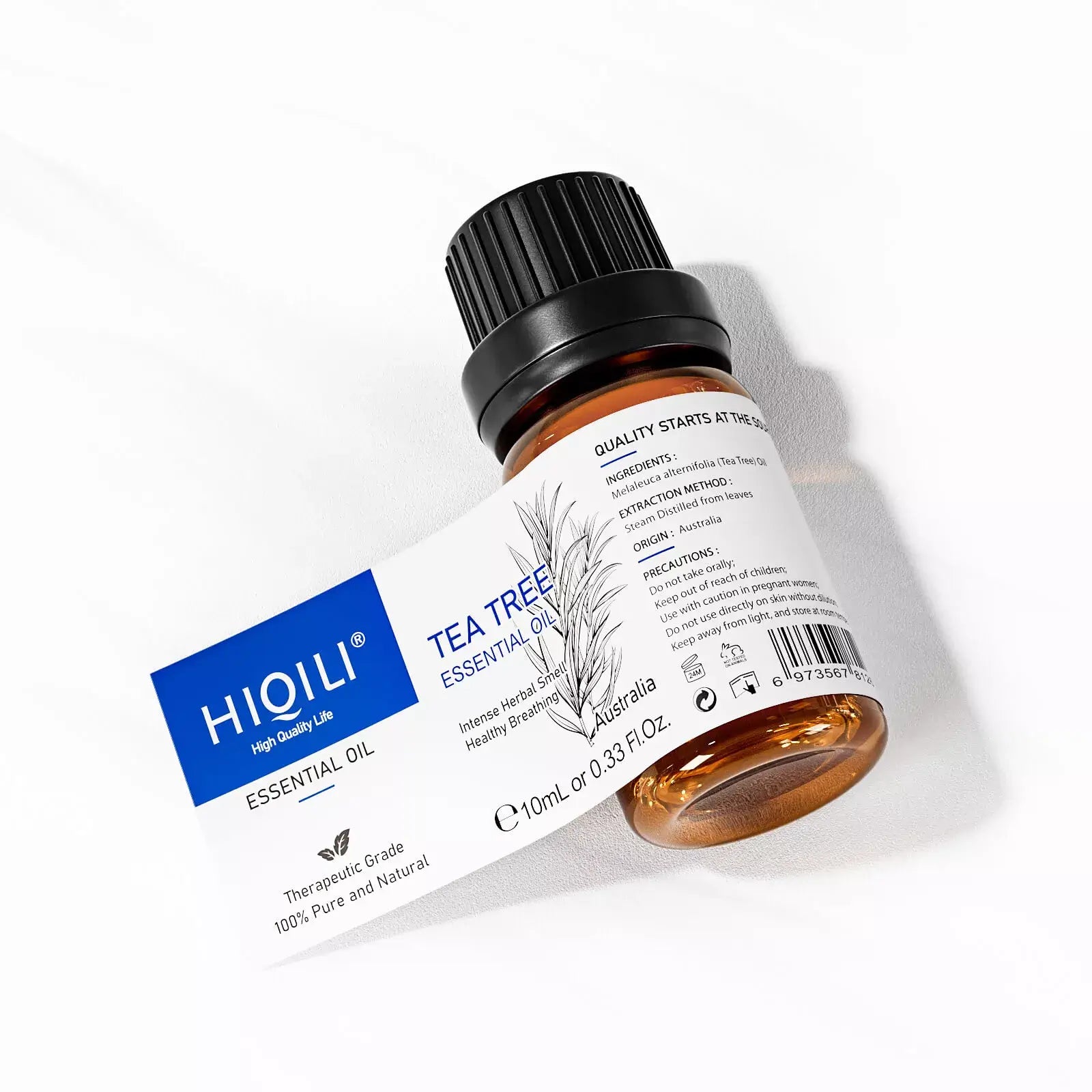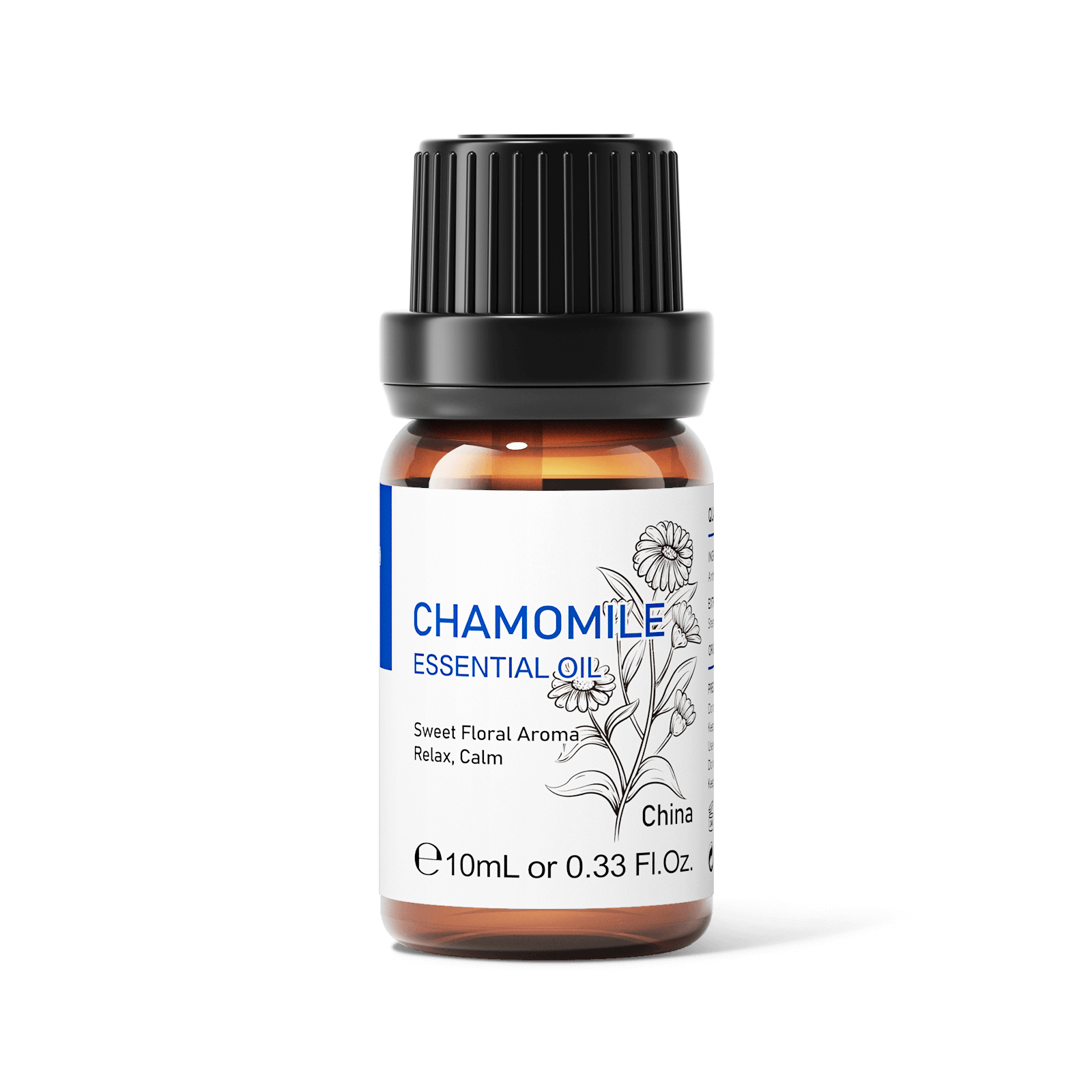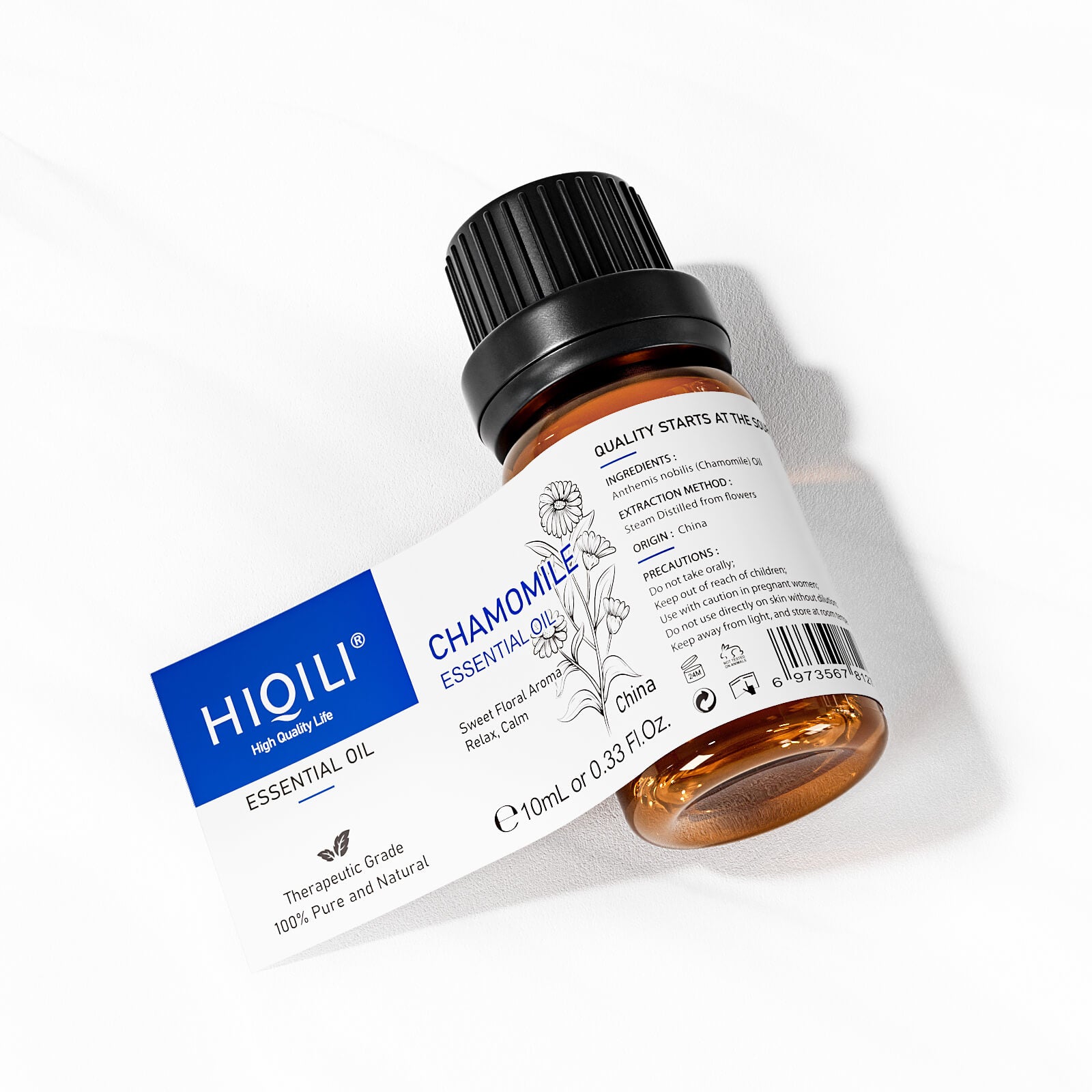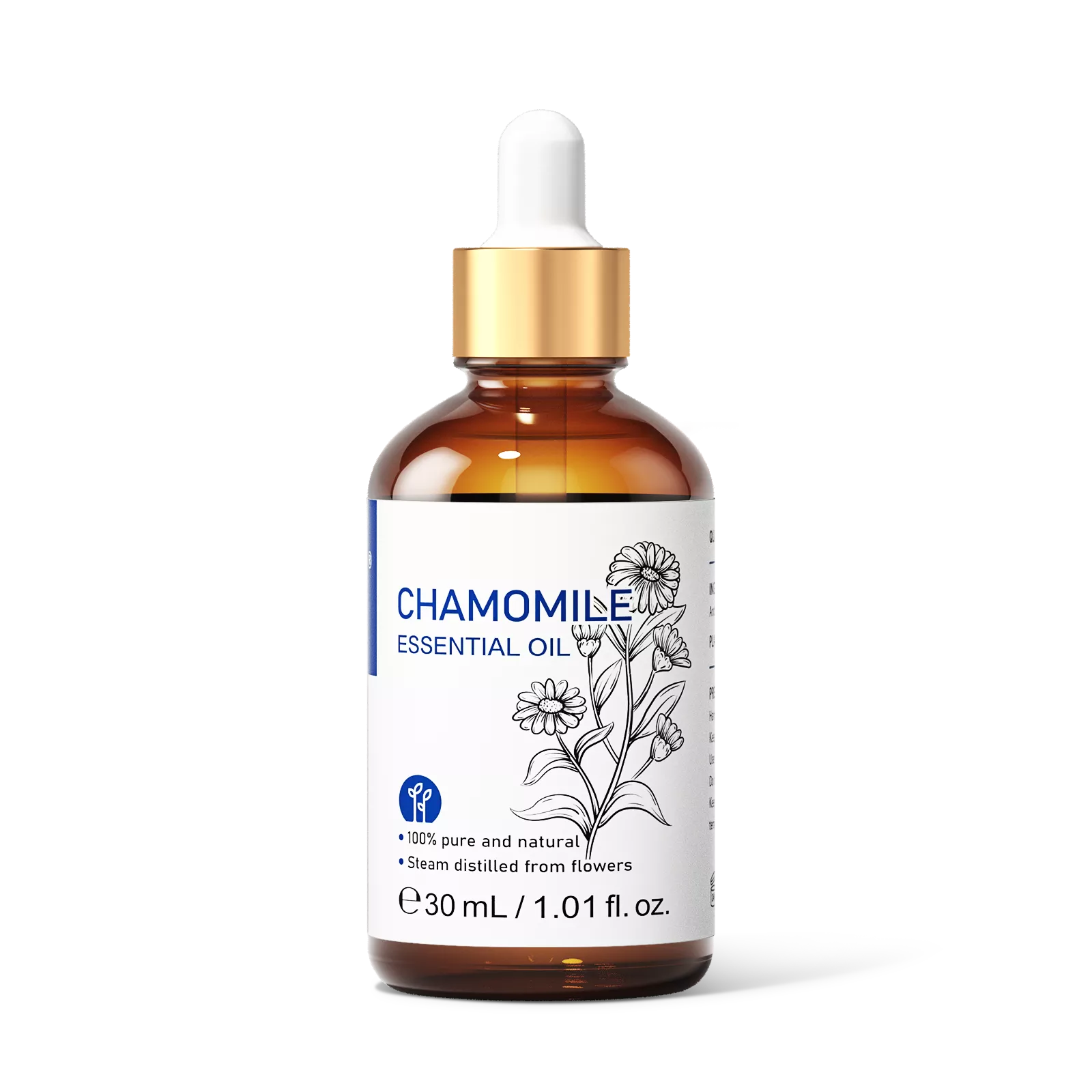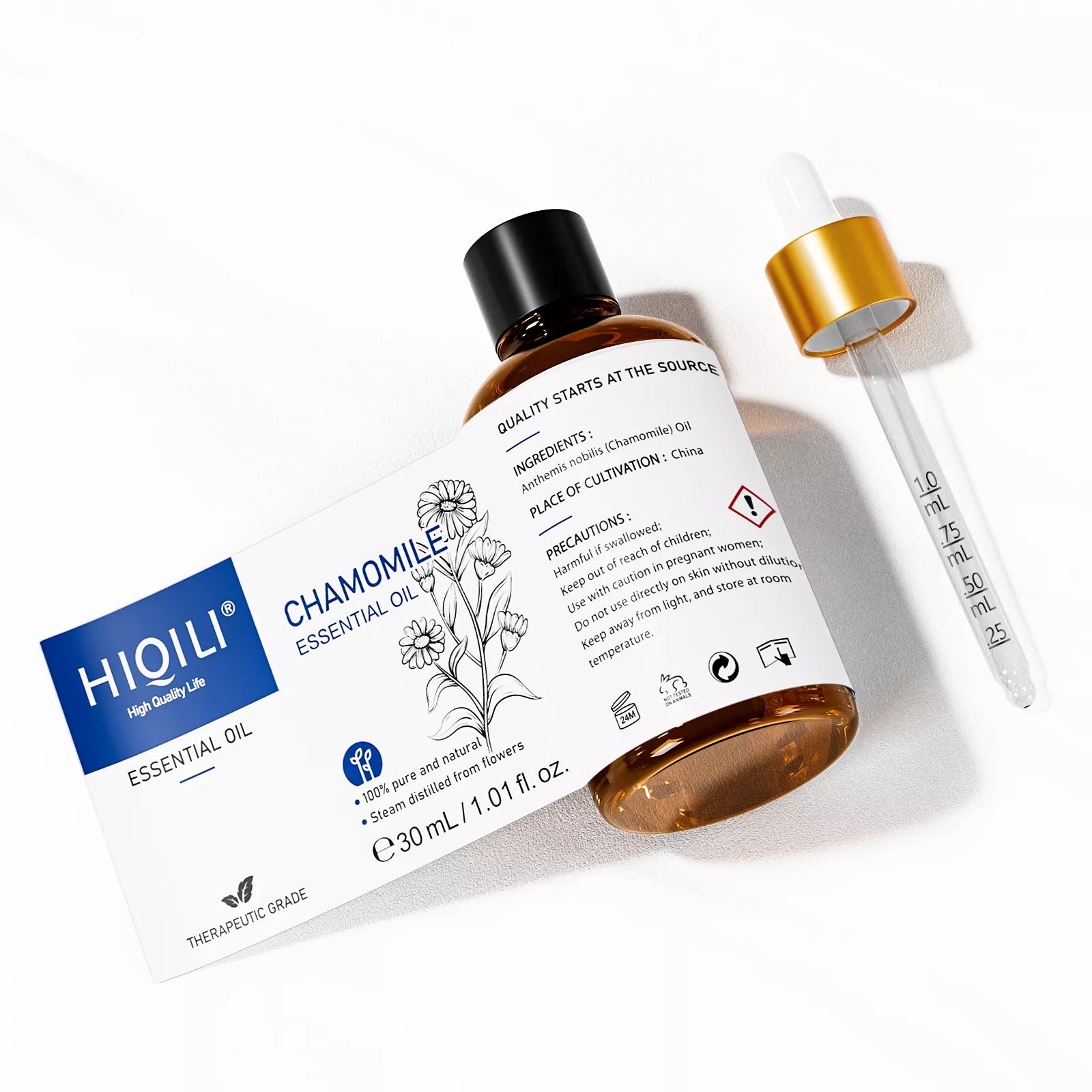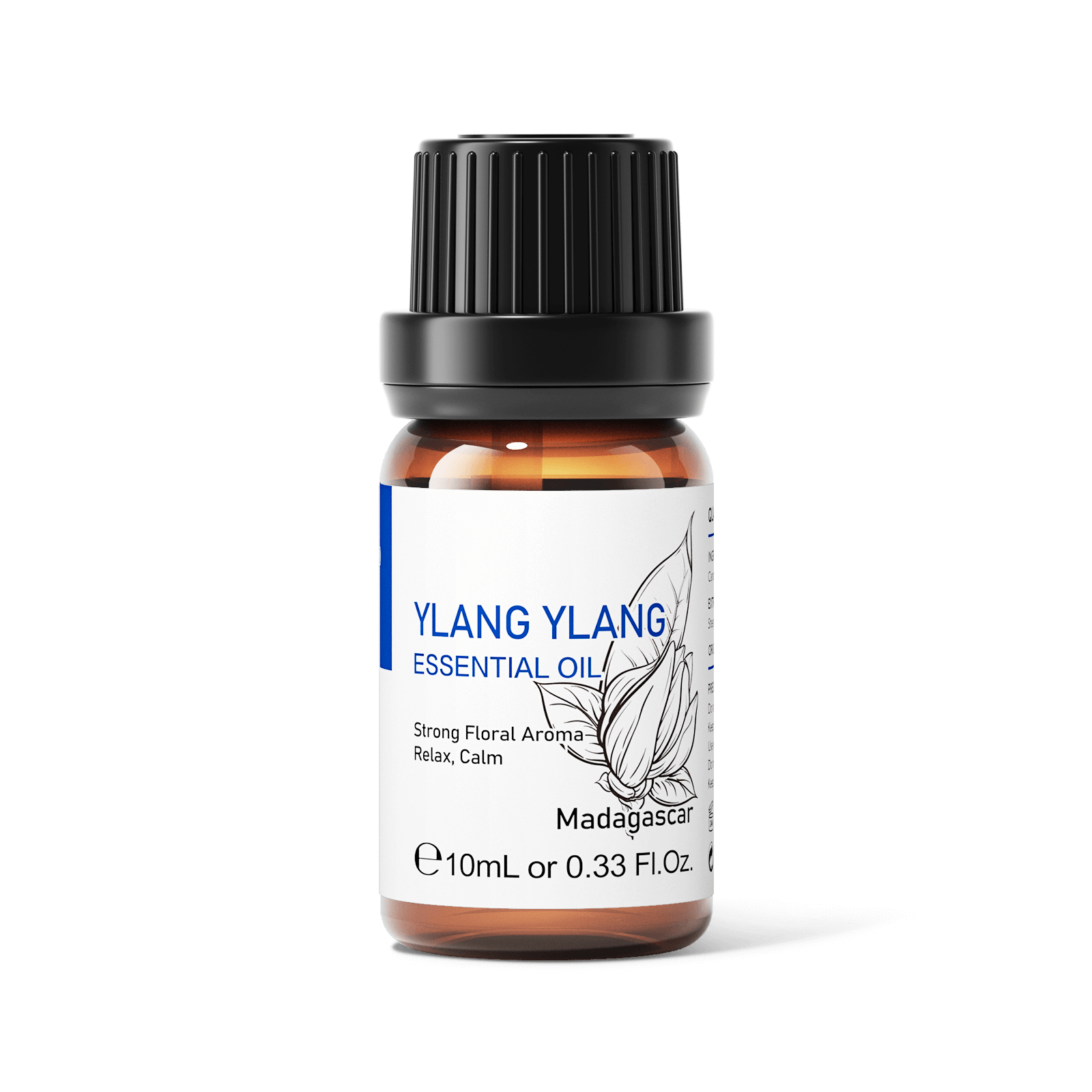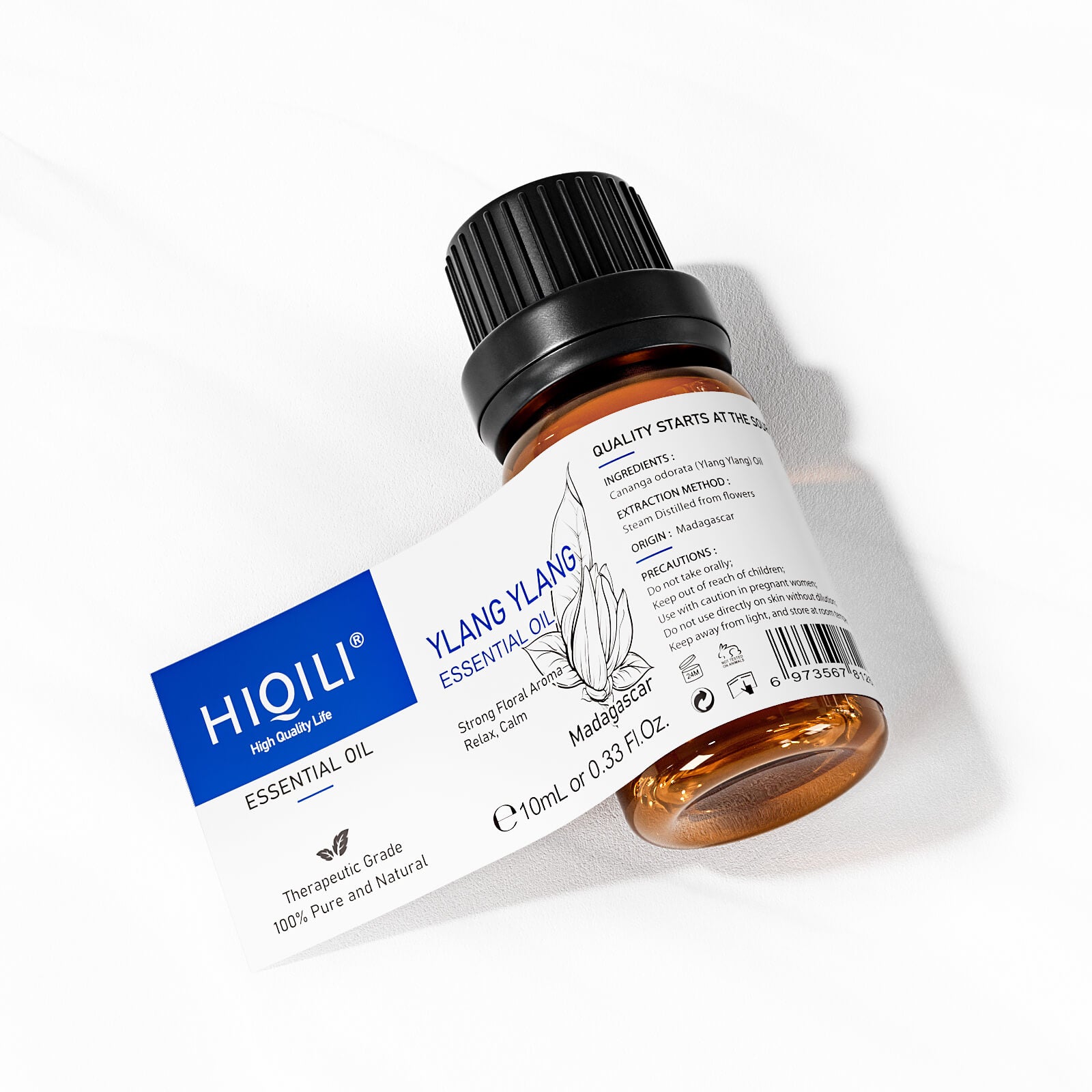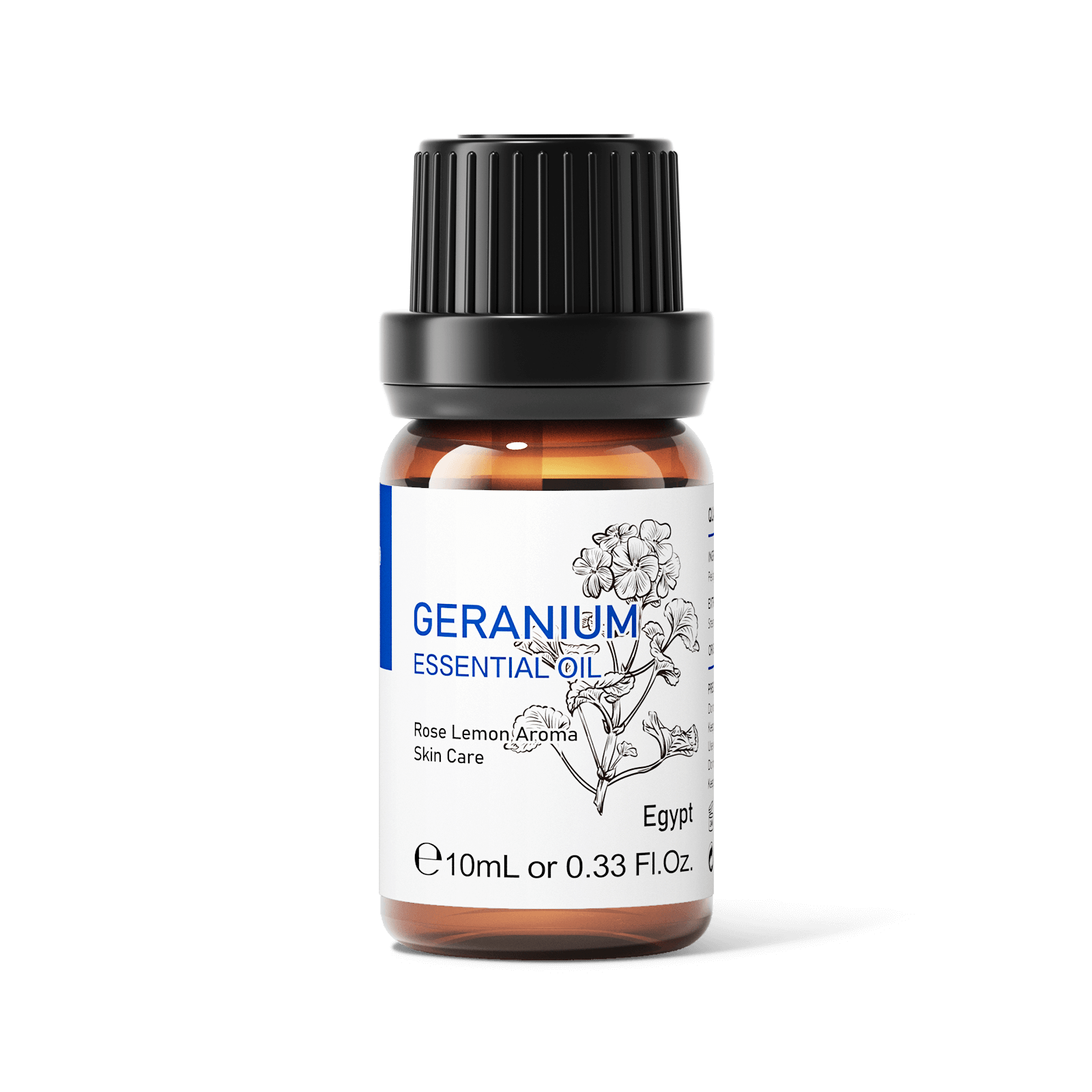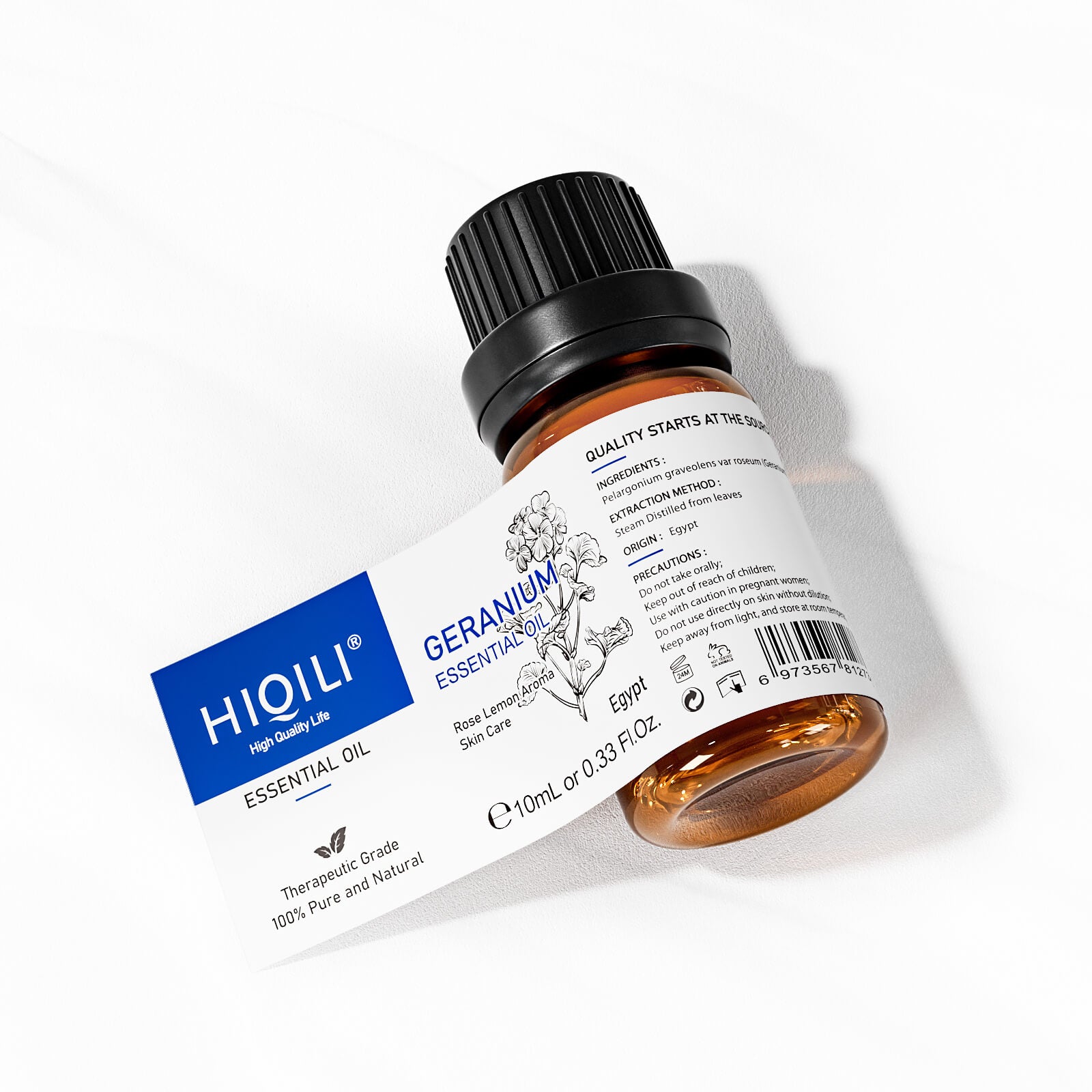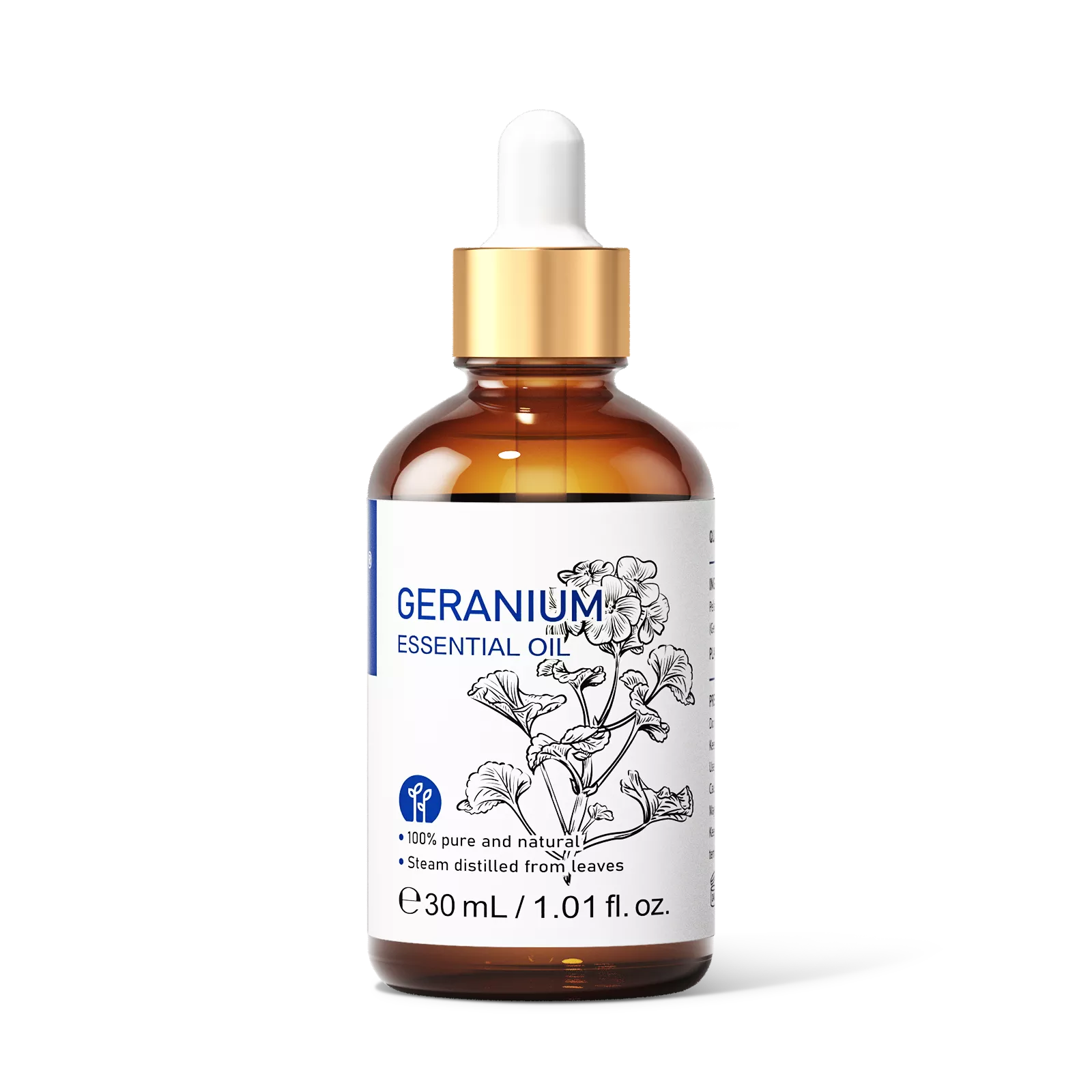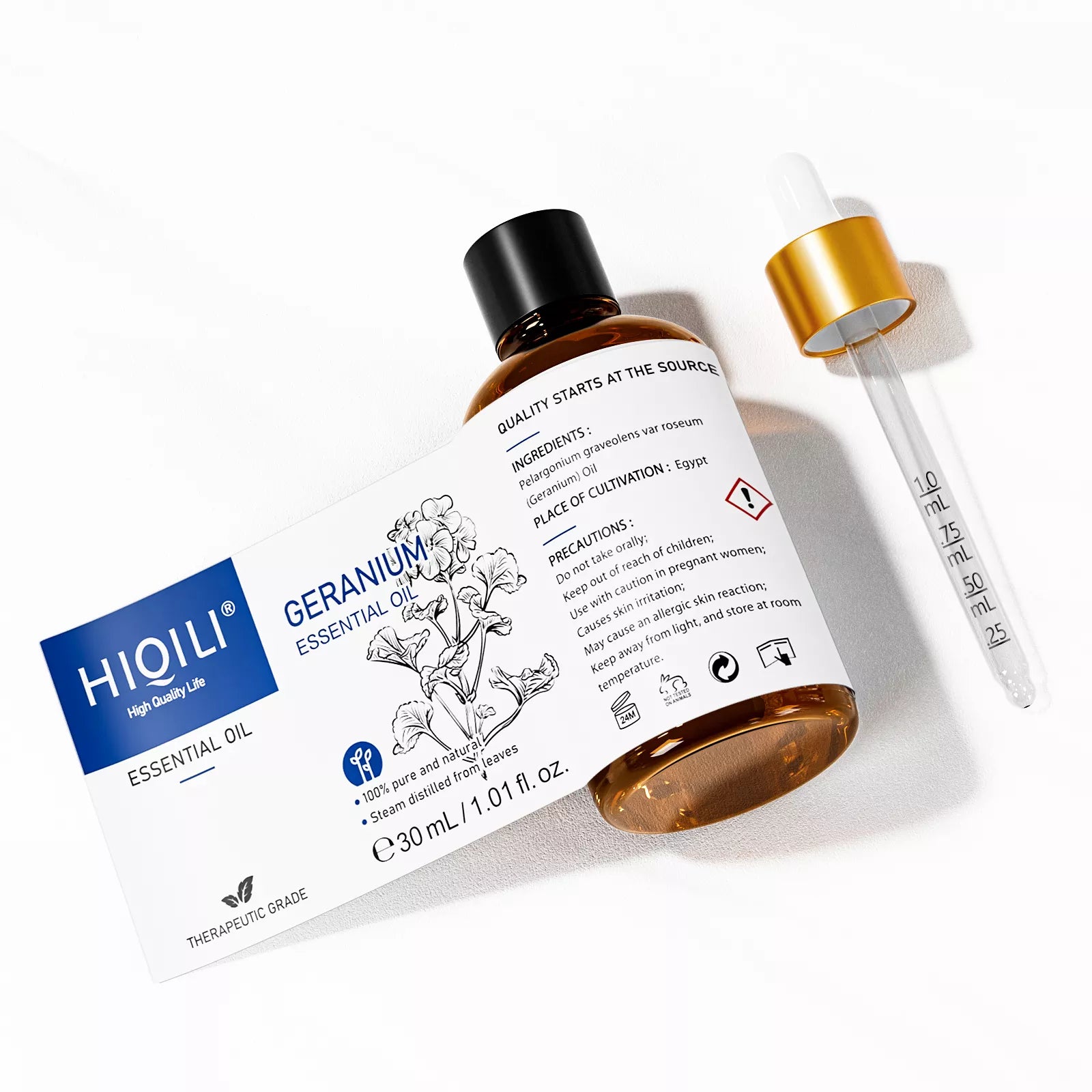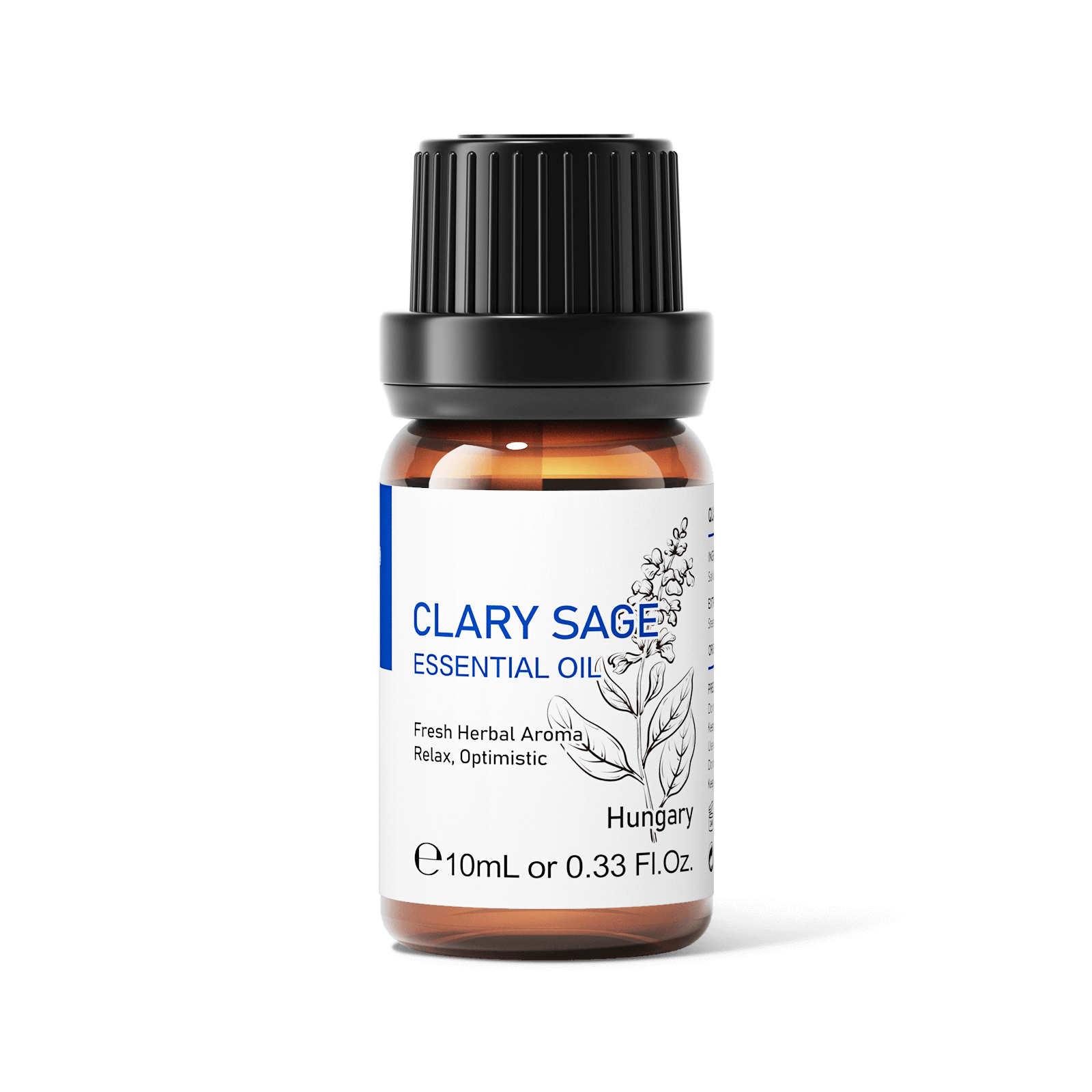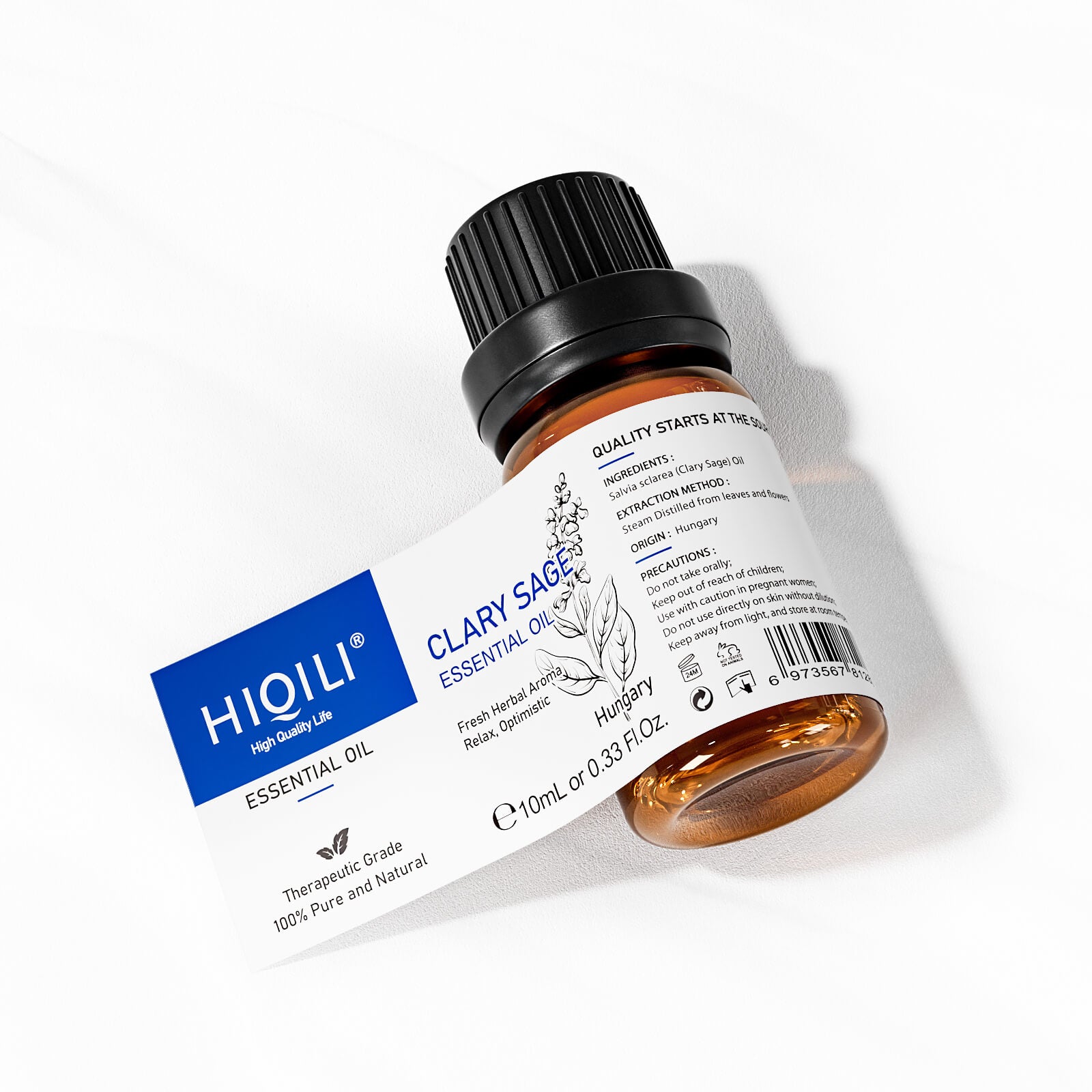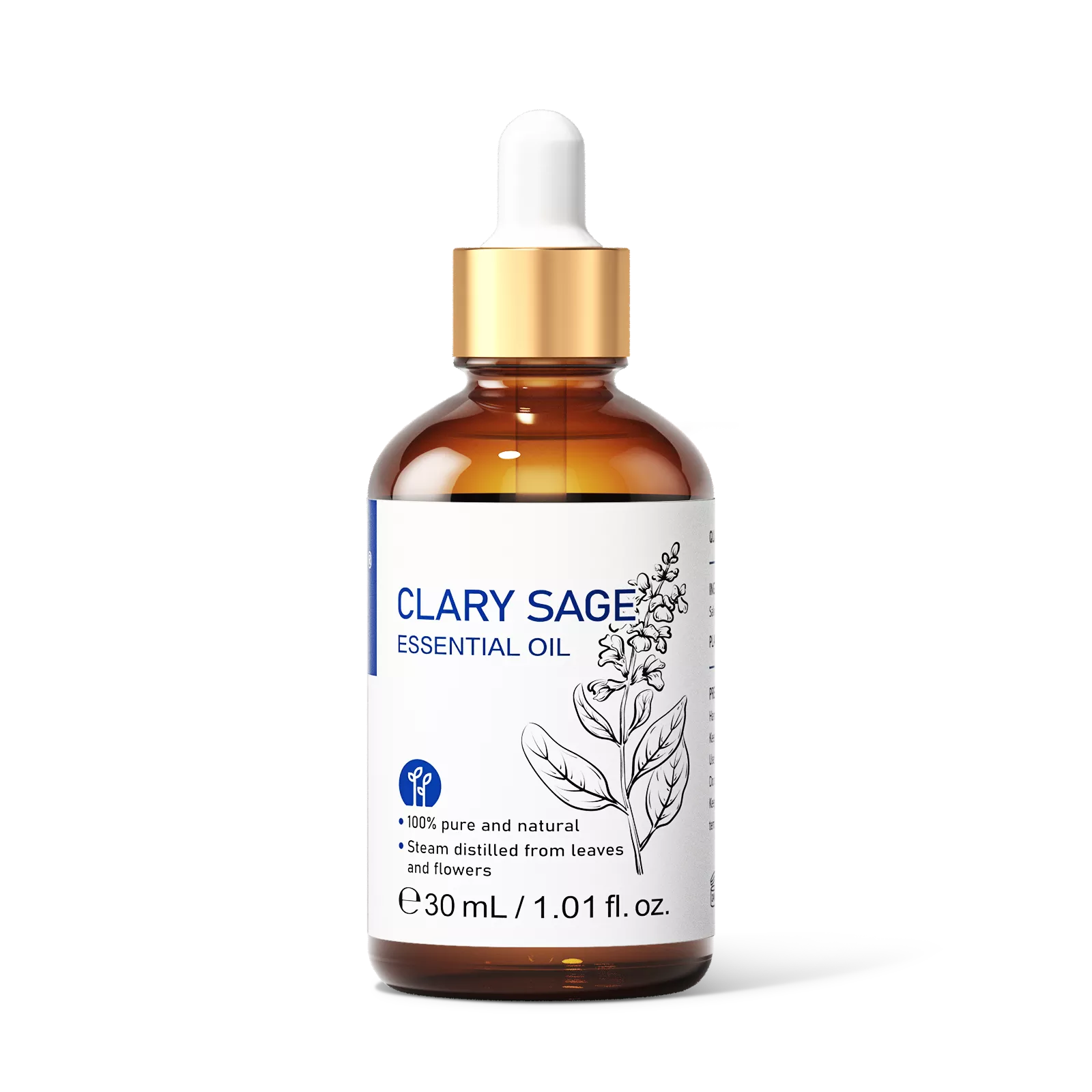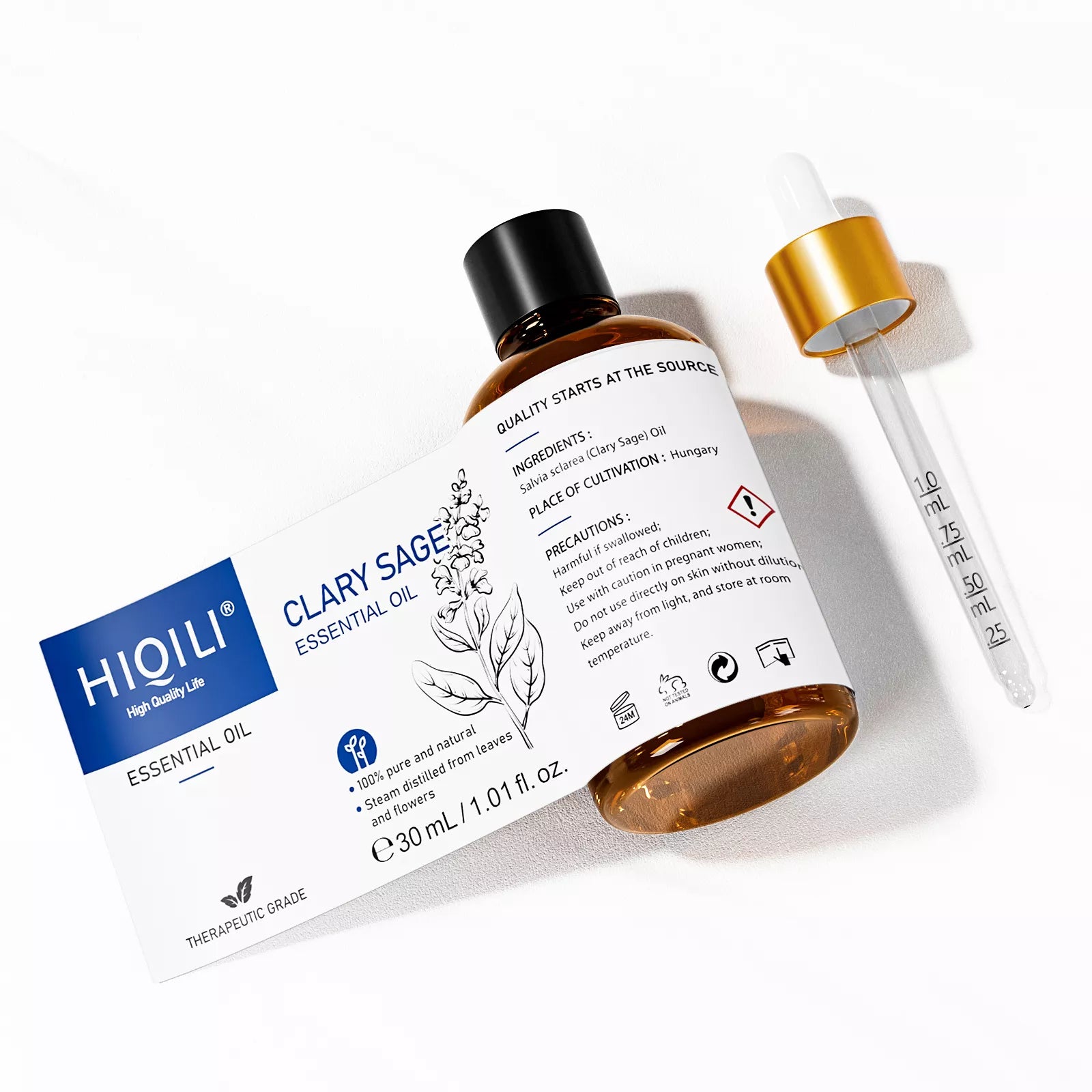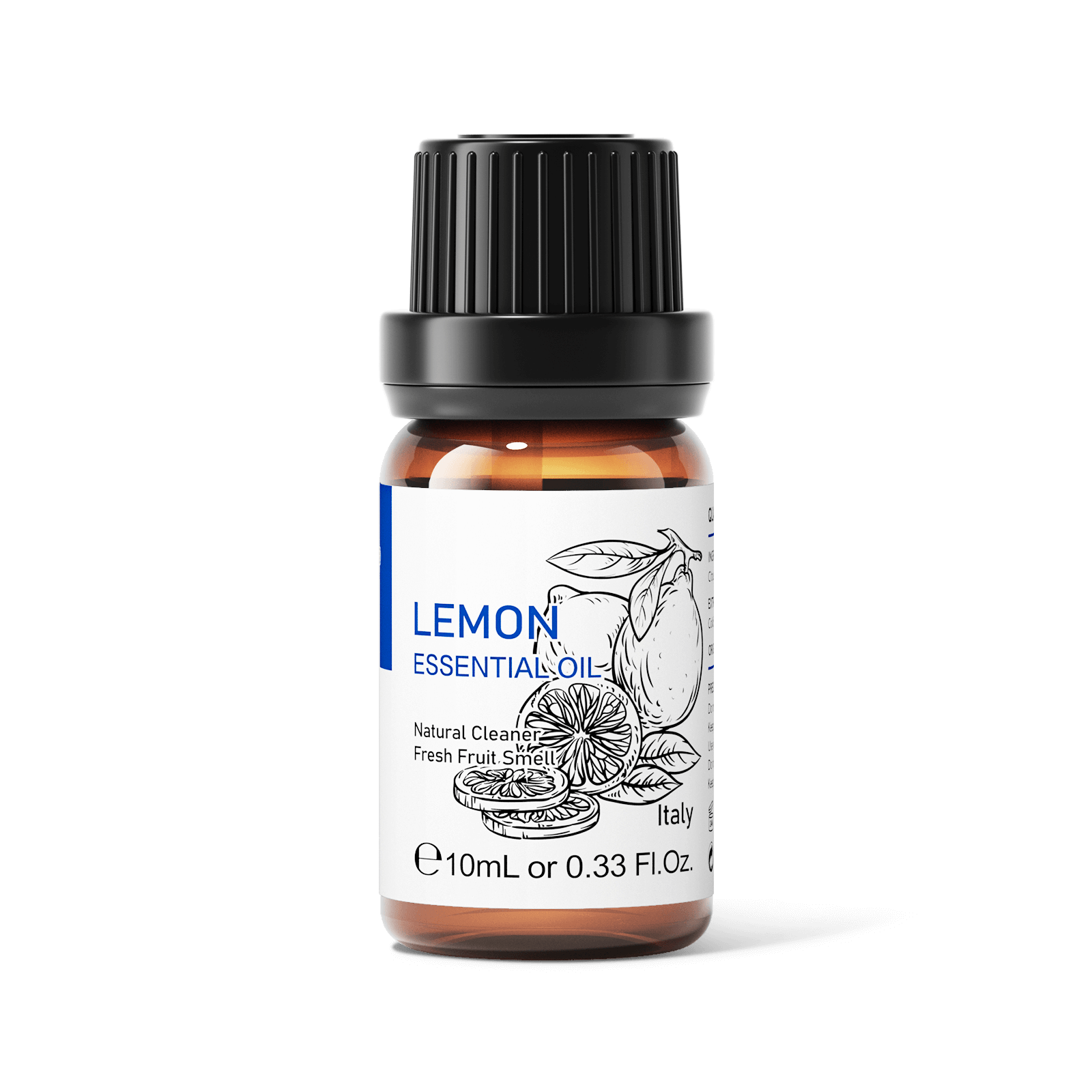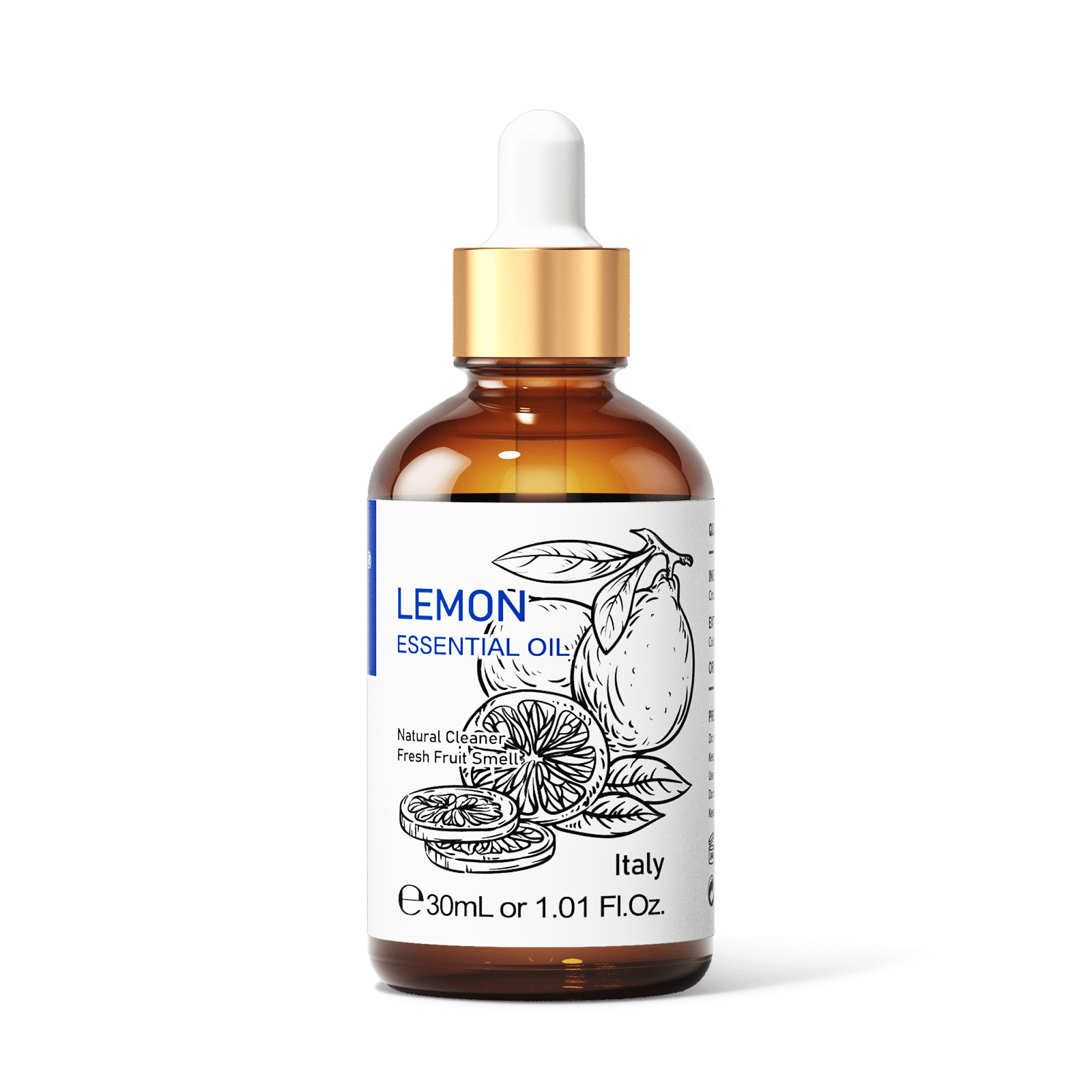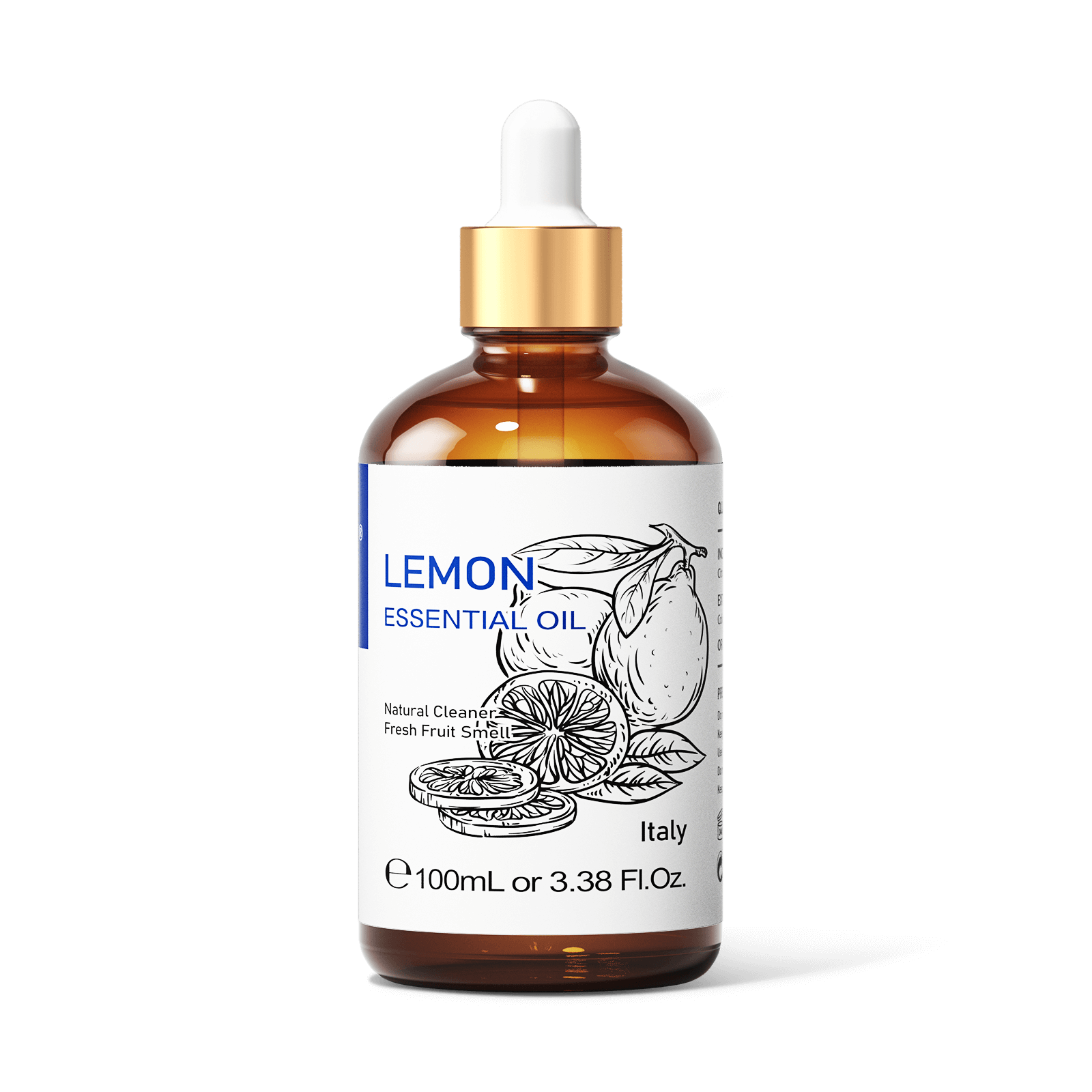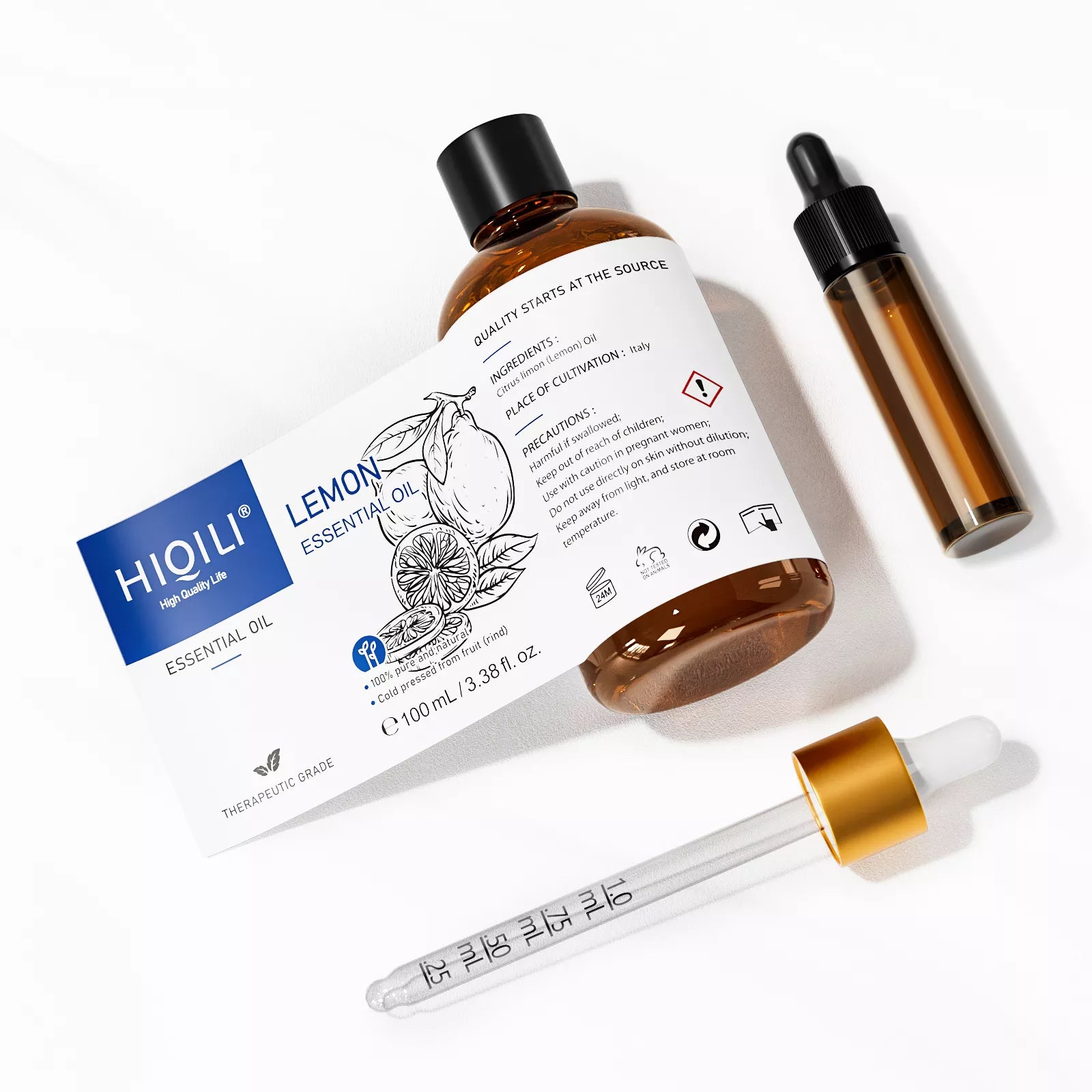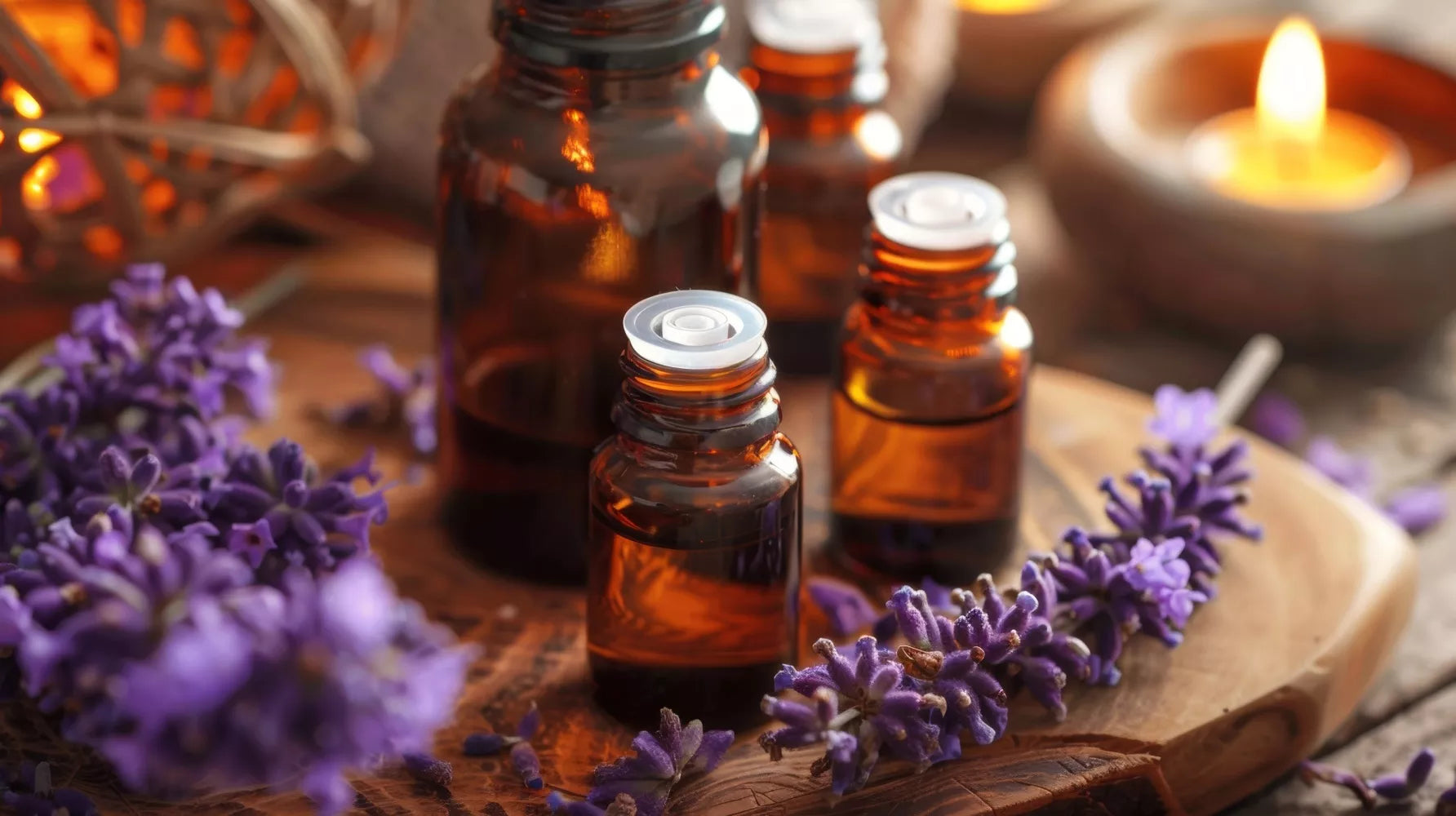
Embarking on the journey of aromatherapy can be both exciting and overwhelming, especially when you're new to the world of essential oils. This guide will help you navigate the essentials, starting with the basics and moving towards more advanced usage. Discover the best essential oils for beginners, their benefits, and how to incorporate them into your daily life.
What Are Essential Oils?
Essential oils are concentrated plant extracts that capture the natural aroma and beneficial properties of their source. These oils are extracted through various methods, including steam distillation, cold pressing, and solvent extraction. They are used for a variety of purposes, from aromatherapy and skincare to cleaning and therapeutic applications.
Extraction Process:
Understanding how essential oils are extracted can give you a deeper appreciation for their potency and purity. The most common methods are:
Steam Distillation: This involves passing steam through plant material, which vaporizes the volatile compounds. The vapor is then condensed back into liquid form.
Cold Pressing: Often used for citrus oils, this method mechanically presses the oil out of the plant material.
Solvent Extraction: This method uses solvents to dissolve the essential oil from the plant material, which is then evaporated to leave behind the pure oil.
For more details, please read Getting to know essential oils
Uses of Essential Oils
Essential oils are incredibly versatile and can be used in:
- Aromatherapy: Diffusing essential oils to create a therapeutic atmosphere.
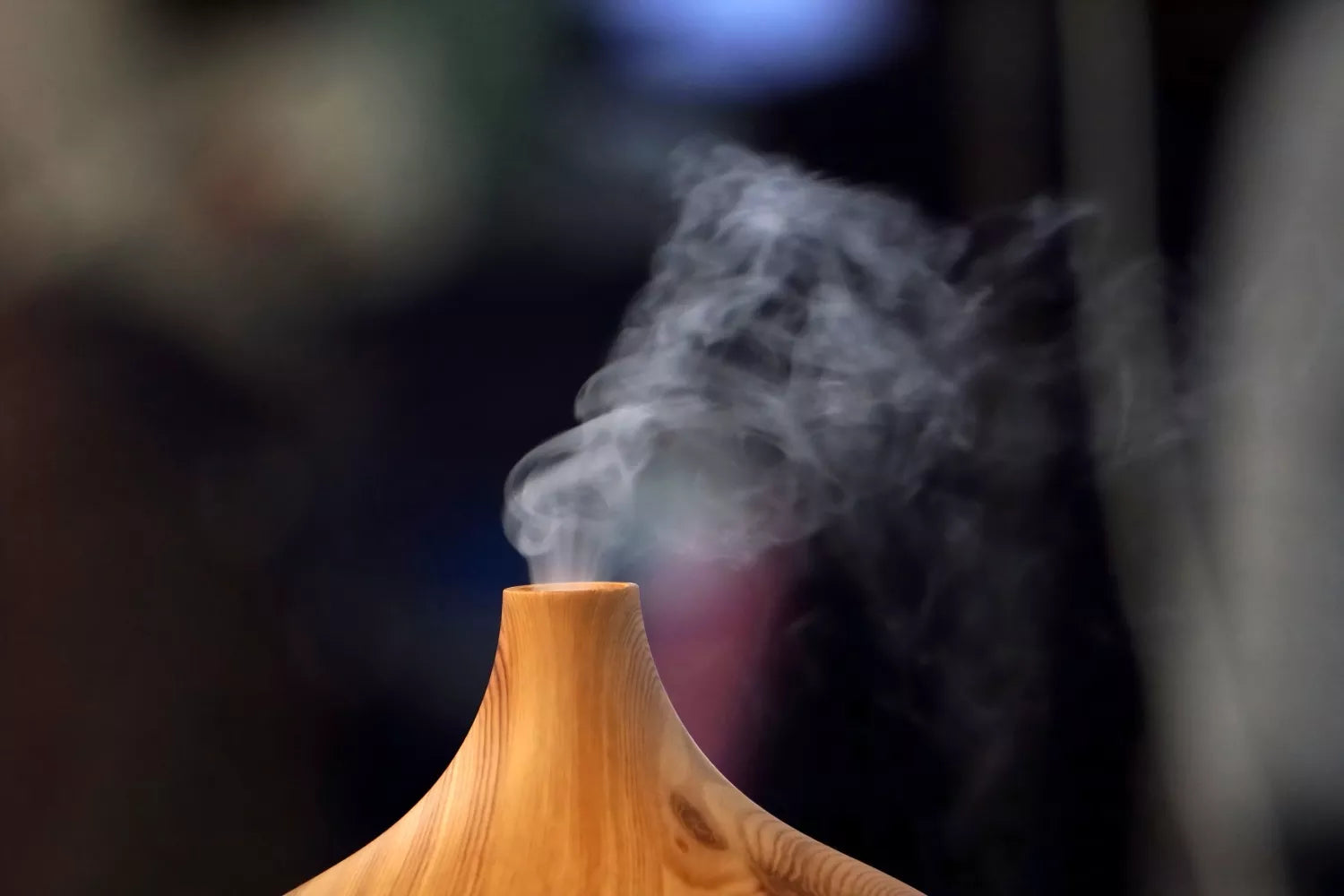
- Topical Application: Applying oils directly to the skin, often diluted with a carrier oil.

- Household Cleaning: Using oils for their antibacterial and antifungal properties in natural cleaning products.
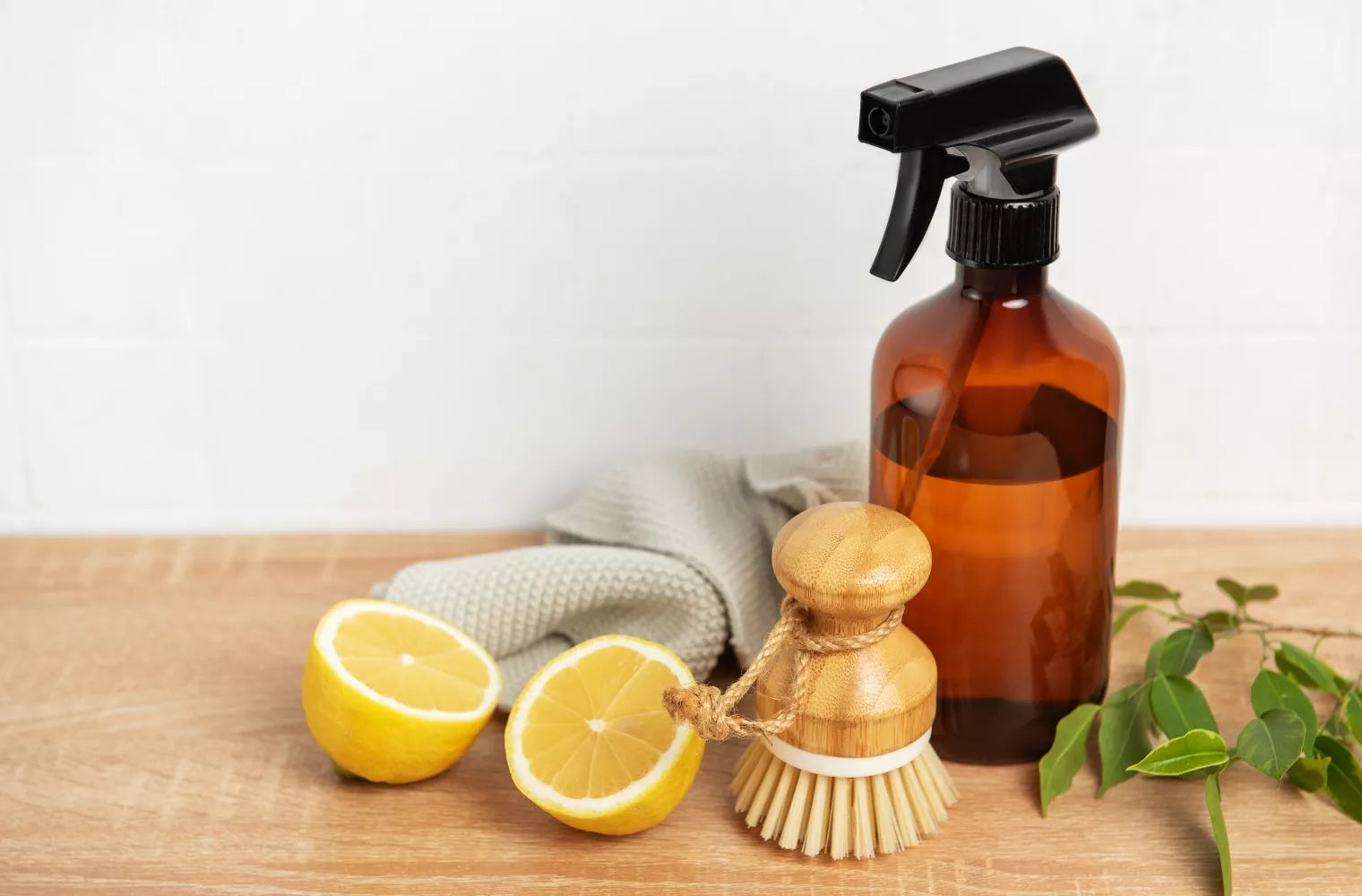
Benefits of Using Essential Oils
Essential oils offer a range of benefits that can enhance your physical, mental, and emotional well-being. Here are some key advantages:
Physical Benefits
- Pain Relief: Oils like peppermint and eucalyptus can help alleviate headaches and muscle pain.
- Improved Sleep: Lavender and chamomile are known for their calming effects, promoting better sleep.
- Skin Care: Tea tree and frankincense oils are popular for their skin-healing properties.
Mental Benefits
- Stress Reduction: Aromatherapy with essential oils like lavender and bergamot can significantly reduce stress and anxiety.
- Enhanced Focus: Oils such as rosemary and peppermint can boost concentration and cognitive function.
Emotional Benefits
- Mood Enhancement: Citrus oils like lemon and orange can uplift your mood and create a positive atmosphere. Orange essential oil, in particular, is cherished not only for its bright, fresh scent—reminiscent of peeling a juicy orange—but also for its ability to encourage positivity and boost confidence. Beyond its cheerful fragrance, orange oil can support healthy digestion, help reduce minor aches, and even discourage unwanted germs. Incorporating citrus oils into your daily routine through diffusers or topical blends can provide both an instant mood lift and gentle support for overall well-being.
- Emotional Balance: Clary sage and ylang-ylang are known for their ability to balance hormones and emotions.
Ylang ylang, in particular, stands out for its exotic, sweet floral scent that instantly transports the senses. This oil is cherished for its ability to quiet the mind, ease muscle tension, and support emotional healing. If you're looking to unwind after a stressful day or need a gentle boost in emotional well-being, ylang ylang can be a valuable addition to your toolkit. Try adding a few drops to your diffuser or blending it with other mood-supporting oils to create a calming environment.
Safety Precautions for Beginners
Using essential oils safely is crucial, especially for beginners. Here are some important guidelines to follow:
Dilution
Always dilute essential oils with a carrier oil (like coconut or jojoba oil) before applying them to your skin to avoid irritation.
Patch Test
Before using a new essential oil, perform a patch test by applying a small diluted amount to your skin and waiting 24 hours to check for any adverse reactions.
Storage
Store essential oils in dark glass bottles away from direct sunlight and heat to maintain their potency and prevent degradation.
How to Choose Essential Oils for Beginners
Choosing high-quality essential oils can make a significant difference in your aromatherapy experience. Here’s what to look for:
Quality
- Purity: Ensure the oil is 100% pure without any additives or synthetic ingredients.
- Organic Certification: Organic oils are free from pesticides and other harmful chemicals.
- GC/MS Testing: This testing confirms the oil’s composition and purity.
Sourcing
- Reputable Brands: Choose brands known for their quality and transparency.
- Sustainable Practices: Opt for oils sourced from plants grown sustainably and ethically.
Essential Oil Blends for Beginners
Creating blends of essential oils can enhance their effects and provide tailored benefits. Here are some popular blends and how to create them:
- Relaxation Blend: Lavender, chamomile, and frankincense for stress relief.
- Focus Blend: Rosemary, peppermint, and lemon for mental clarity.
- Immunity Blend: Eucalyptus, tea tree, and lemon for boosting the immune system.
How to Create Blends
When creating blends, consider the following tips:
- Balance: Use a mix of top, middle, and base notes for a harmonious blend.
- Purpose: Choose oils that complement each other’s benefits.
- Experiment: Start with small amounts and adjust ratios to find your preferred blend.
Methods of Using Essential Oils
There are several ways to incorporate essential oils into your daily routine:
Diffusing
Using a diffuser to disperse essential oils into the air is a popular method for aromatherapy.
Topical Application
Applying oils to the skin, often diluted with a carrier oil, can provide localized benefits.
Inhalation
Inhaling oils directly from the bottle or using steam inhalation can deliver quick therapeutic effects.
Conclusion
Starting your journey with essential oils can be incredibly rewarding, offering numerous benefits for your physical, mental, and emotional well-being. With this guide, you now have the knowledge to choose and use the best essential oils for beginners. Embrace the power of nature and enhance your life with these wonderful aromatic oils.
Frequently asked question
What are the best essential oils for beginners?
For beginners, the best essential oils are those that are versatile, easy to use, and have a wide range of benefits. Some popular choices include:
Lavender Essential Oil: Known for its calming and relaxing properties, perfect for stress relief, sleep, and skincare.
Peppermint Essential Oil: Great for headaches, energy boosts, and digestive support. It’s refreshing and invigorating.
Tea Tree Essential Oil: Excellent for skincare, especially for acne and blemishes. It’s also used for cleaning due to its antimicrobial properties.
Lemon Essential Oil: Uplifting and refreshing, lemon oil is great for improving mood and enhancing concentration.
Eucalyptus Essential Oil: Known for its respiratory benefits, it’s perfect for colds, sinus relief, and muscle relaxation. Breathe deep and clear with eucalyptus’s main chemical component, 1,8 cineole, which helps open airways and supports clear breathing. Eucalyptus oil is also valued for its ability to purify the air—making it a popular choice during cold season or whenever you want to reduce the unwelcome presence of germs in your home. Try adding a few drops to a steam inhalation or diffuser for a refreshing boost of clarity and energy.
These oils are beginner-friendly and can be used in various applications, including diffusers, baths, or topical use when diluted with a carrier oil.
There are several essential oils that are considered must-haves for anyone starting with aromatherapy or DIY products. These oils have wide applications and offer numerous benefits:
Lavender Essential Oil: A must-have for relaxation, sleep support, and skin care.
Peppermint Essential Oil: Great for headaches, digestive issues, and boosting energy.
Tea Tree Essential Oil: Ideal for skin care, especially for acne or minor cuts.
Eucalyptus Essential Oil: A go-to for respiratory support and muscle relief.
Lemon Essential Oil: Known for its uplifting properties and mood enhancement.
Frankincense Essential Oil: Offers grounding and calming effects and is great for meditation. This ancient oil, derived from the resin of the Boswellia tree, has been treasured for centuries for its ability to inspire peace and connection. In addition to its spiritual uses, frankincense is also prized for skincare—helping to soothe, heal, and promote a healthy glow. Because frankincense is in high demand, it’s wise to choose sources that support sustainable harvesting practices, ensuring this beautiful oil remains available for generations to come. Try adding a drop to your favorite moisturizer or using it in a DIY acne relief blend for its skin-loving benefits.
These oils are versatile, safe for most users, and provide a wide range of benefits, making them essential for anyone’s collection.
Expanded Guide: Top 10 Essential Oils for Beginners
If you’re looking to expand beyond the basics, here’s a more detailed look at popular essential oils for those just starting out. Each offers unique properties and ways to enhance your well-being:
- Lavender (Lavandula angustifolia)
Often the “gateway” oil for many, lavender’s wonderful aroma is as versatile as it is calming. Use it for sleep support, soothing skin, or even as a natural insect repellent. - Orange Sweet (Citrus sinensis)
This oil smells just like a fresh orange and is known for its uplifting, cheerful effect. It supports healthy digestion, helps reduce minor aches, and is a great addition for brightening your mood. - Eucalyptus (Eucalyptus globulus)
With its fresh, invigorating scent, eucalyptus promotes clear breathing, purifies the air, and is a staple for respiratory support. - Peppermint (Mentha x piperita)
Instantly refreshing, peppermint can help you feel alert, support digestion, soothe headaches, and provide relief for tired muscles. - Tea Tree (Melaleuca alternifolia)
Renowned for its antimicrobial power, tea tree is gentle on skin while tough on germs, making it ideal for supporting skin health and cleaning tasks. - Patchouli (Pogostemon cablin)
Earthy and grounding, patchouli is a favorite for meditation and emotional balance, as well as for soothing and purifying the skin. - Frankincense (Boswellia carterii)
Prized since ancient times, frankincense calms the mind, supports meditation, and promotes healthy, glowing skin. - Ylang Ylang (Cananga odorata)
With its sweet, floral scent, ylang ylang helps quiet the mind, ease muscle tension, and support emotional well-being. - Vetiver (Vetiveria zizanoides)
Deeply grounding and relaxing, vetiver is often used in perfumes and can help reduce redness and irritation on the skin. - Roman Chamomile (Chamaemelum nobile)
Famous for its calming effects, roman chamomile creates a sense of peace, helps encourage sleep, and can ease minor aches and muscle tension.
Experimenting with these oils—blending, diffusing, or applying (with proper dilution)—can help you discover which scents and effects you enjoy most. As you start your aromatherapy journey, these essential oils provide a strong, safe, and effective foundation for supporting your wellness naturally.
How do I start using essential oils?
Starting with essential oils is easy and fun! Here’s a simple guide to get you started:
- Choose a few essential oils: For beginners, start with versatile oils like Lavender, Peppermint, and Tea Tree. These oils are easy to use and have a wide range of benefits.
- Invest in a diffuser: A diffuser is a great way to enjoy the benefits of essential oils. Just add a few drops of oil to the water, and it will disperse the fragrance throughout your room.
- Dilute essential oils for topical use: Essential oils are concentrated and should be diluted with a carrier oil like coconut oil or jojoba oil before applying to the skin.
- Start small: Begin with a few drops at a time to see how your body reacts. Always perform a patch test before using any new oil on your skin.
- Learn the basics of blending: You can experiment with blending oils to create your own personalized scents or therapeutic combinations. Start with simple blends like Lavender and Peppermint for relaxation or Lemon and Eucalyptus for a refreshing boost.
By following these simple steps, you’ll be able to enjoy the full benefits of essential oils safely and effectively.
What essential oils are a must?
There are several essential oils that are considered must-haves for anyone starting with aromatherapy or DIY products. These oils have wide applications and offer numerous benefits:
- Lavender Essential Oil: A must-have for relaxation, sleep support, and skin care.
- Peppermint Essential Oil: Great for headaches, digestive issues, and boosting energy.
- Tea Tree Essential Oil: Ideal for skin care, especially for acne or minor cuts.
- Eucalyptus Essential Oil: A go-to for respiratory support and muscle relief.
- Lemon Essential Oil: Known for its uplifting properties and mood enhancement.
- Frankincense Essential Oil: Offers grounding and calming effects and is great for meditation.
These oils are versatile, safe for most users, and provide a wide range of benefits, making them essential for anyone’s collection.
What are the best books for essential oils for beginners?
For beginners, reading books about essential oils can help you understand their uses, benefits, and safe application. Some highly recommended books include:
"The Complete Book of Essential Oils and Aromatherapy" by Valerie Ann Worwood: This comprehensive guide covers over 600 different essential oils, their uses, and detailed recipes for beginners.
"Essential Oils for Beginners: The Guide to Get Started with Essential Oils and Aromatherapy" by Althea Press: A great starting point for learning the basics, with easy-to-follow instructions and recipes for various essential oil applications.
"The Encyclopedia of Essential Oils" by Julia Lawless: This book provides in-depth information on individual essential oils and their uses for health, beauty, and wellness.
"Aromatherapy for Beginners: The Complete Guide to Getting Started with Essential Oils" by Kathi Keville and Mindy Green: A beginner-friendly guide that includes tips for using essential oils safely, as well as practical advice on how to incorporate them into daily life.
These books provide solid foundational knowledge and a variety of recipes for beginners to explore the world of essential oils safely and effectively.
Next Steps and Additional Resources
Once you've started experimenting with essential oils and learning from trusted books, you might want to expand your knowledge with supplemental resources:
Online Courses and Workshops: Look for reputable aromatherapy courses from established institutions or certified practitioners. These often include video tutorials, printable guides, and community support for beginners.
Essential Oil Safety Guidelines: Familiarize yourself with resources from organizations like the National Association for Holistic Aromatherapy (NAHA) or the Alliance of International Aromatherapists (AIA) for up-to-date safety information.
Community Forums and Social Groups: Join online forums or local groups where you can share experiences, ask questions, and get practical tips from other enthusiasts.
DIY Recipe Collections: Many blogs and books offer step-by-step recipes for creating your own blends, cleaners, or personal care products at home.
By combining trusted foundational books with these additional resources, you’ll be well-equipped to deepen your aromatherapy journey, stay safe, and discover new ways to use essential oils in your daily routine.
What are the qualities and applications of patchouli essential oil?
Patchouli essential oil stands out for its rich, earthy aroma and its grounding, soothing properties. Often used in meditation and mindfulness rituals, it is favored for its ability to promote emotional balance and create a calming atmosphere.
On the skin, patchouli oil may help reduce redness and support clearer, healthier-looking skin, thanks to its purifying qualities. Simply add a few drops to a diffuser to foster tranquility or blend it with a carrier oil for gentle topical application. For those seeking emotional grounding or a natural way to care for their skin, patchouli is an excellent choice in any beginner’s essential oil collection.
How can vetiver essential oil be used for relaxation and skin care?
Vetiver essential oil, derived from the roots of Vetiveria zizanoides, is well-regarded for its deeply grounding and soothing properties—making it a favorite in self-care rituals focused on relaxation. With its rich, earthy aroma, vetiver can be diffused in your living space or added to bath blends to cultivate a tranquil, stress-relieving environment, especially in the evening.
For relaxation, try adding a few drops of vetiver oil to an essential oil diffuser, or blend it with lavender and chamomile for a calming bedtime routine. A warm bath enhanced with vetiver and a hint of lime essential oil also creates a spa-like experience to help unwind after a long day.
When it comes to skincare, vetiver is appreciated for its ability to calm irritation and support an even complexion. To use topically, always dilute vetiver essential oil with a carrier oil—such as jojoba or sweet almond—before gently applying to areas of redness or dryness. This approach can help soothe discomfort while benefiting from the oil’s restorative properties.
Whether you’re looking to foster inner calm after a hectic day or support your skin’s natural balance, vetiver essential oil can be a valuable addition to your routine.
What are the calming and pain-relieving effects of roman chamomile essential oil?
Roman chamomile essential oil is a staple for anyone seeking natural stress relief. Renowned for its gentle, soothing aroma, this oil can quiet a restless mind and promote a deep sense of tranquility—much like winding down with a cup of chamomile tea at the end of a hectic day. Its calming properties make it a popular choice for those who struggle with anxious thoughts or have difficulty falling asleep.
But the benefits don’t stop at emotional wellness. Roman chamomile is also celebrated for easing minor aches, such as muscle tension and occasional spasms, making it a versatile oil to keep on hand for both relaxation and gentle pain relief. Use it in a diffuser before bed or blend it with a carrier oil for a comforting massage.


